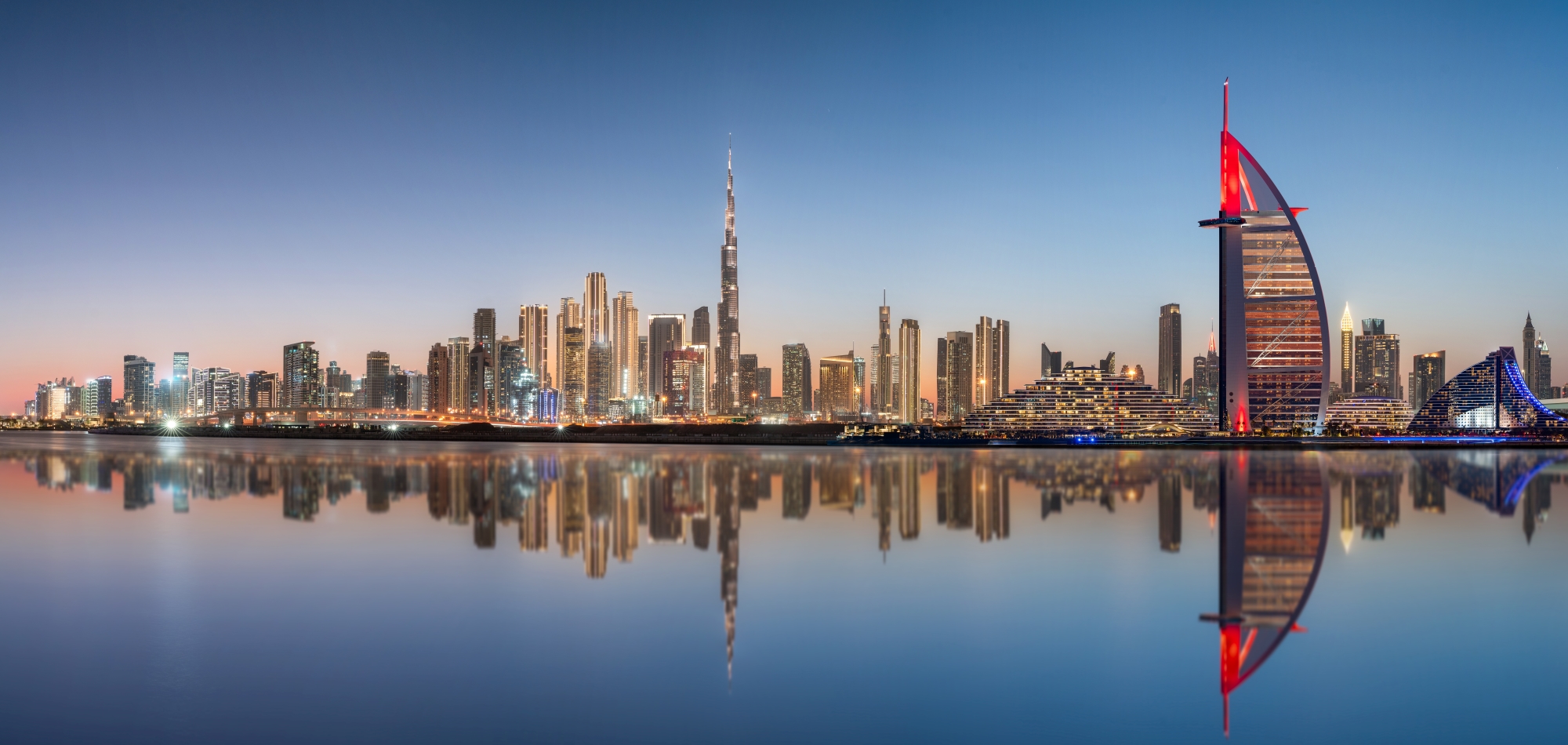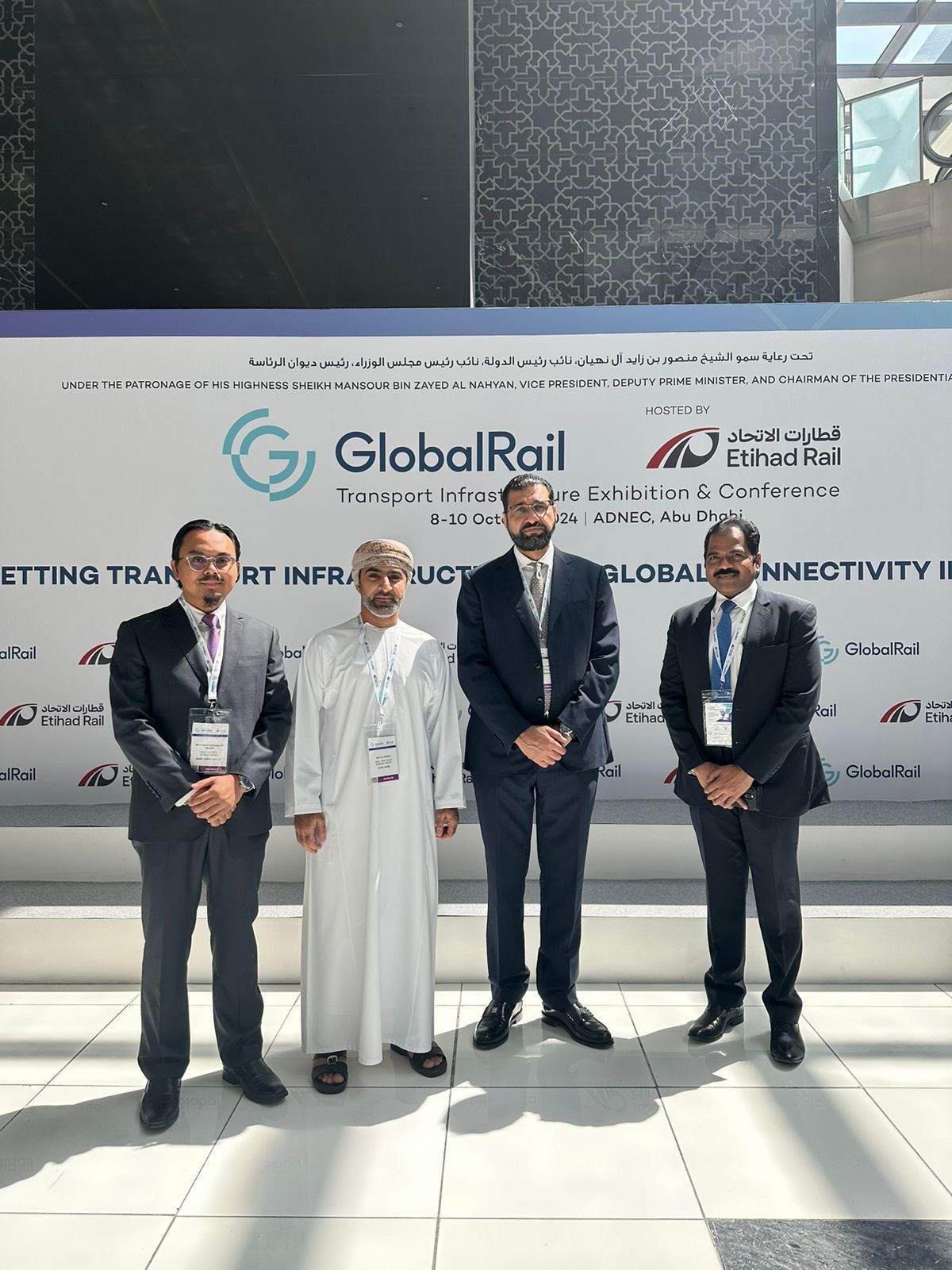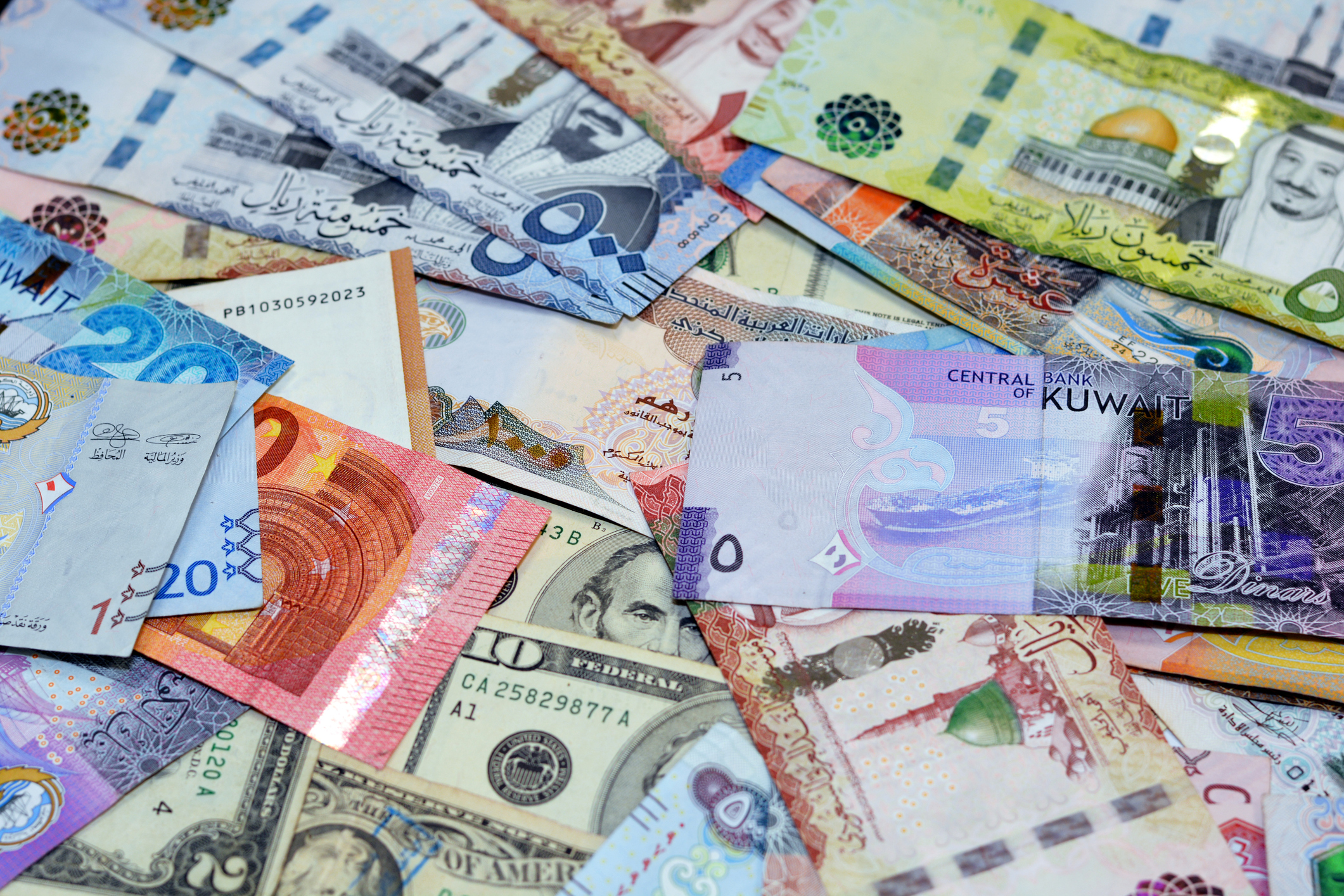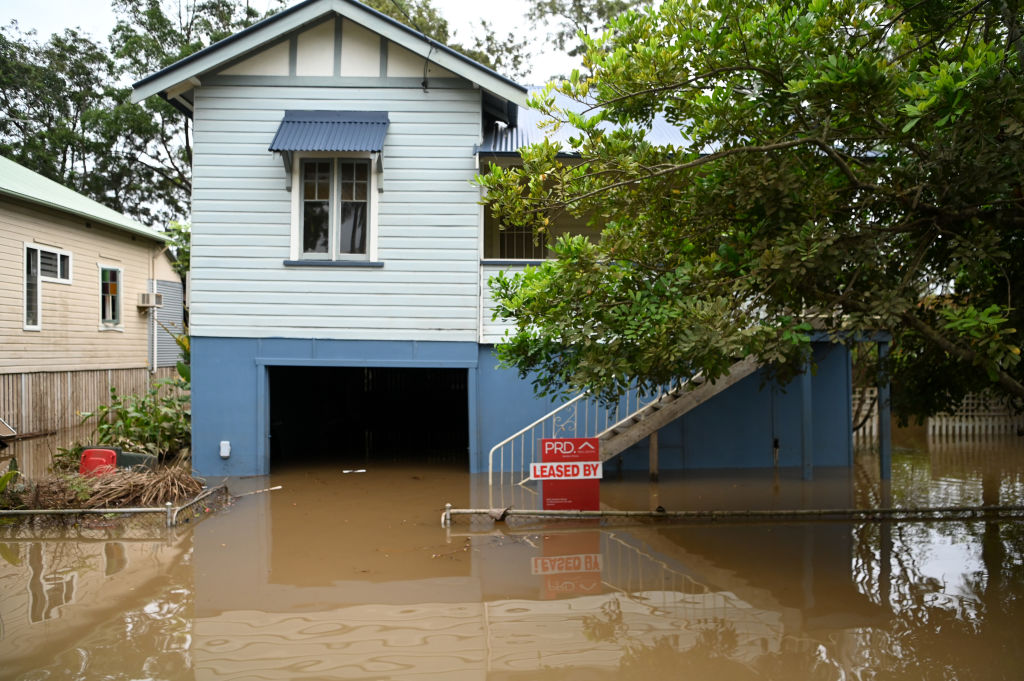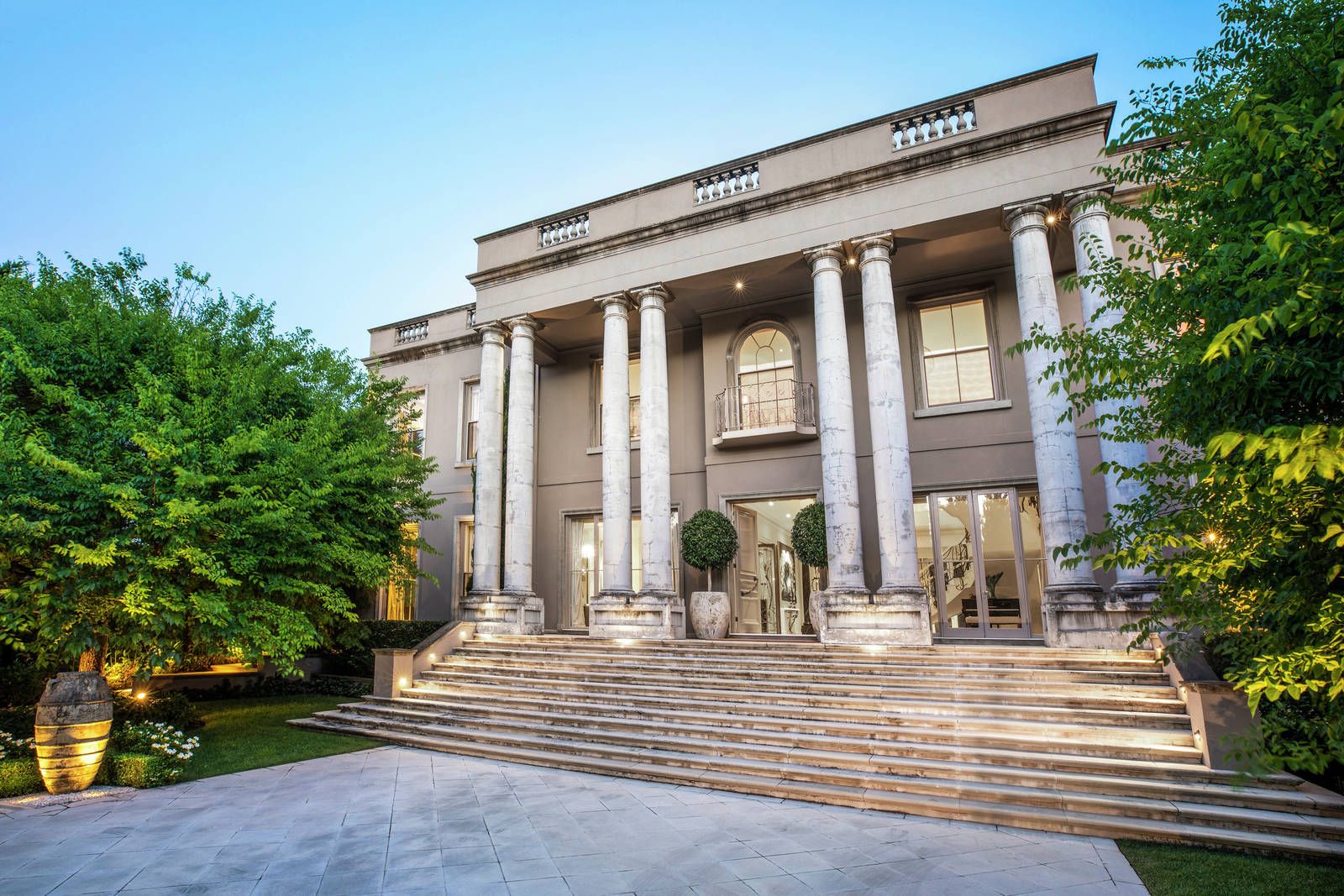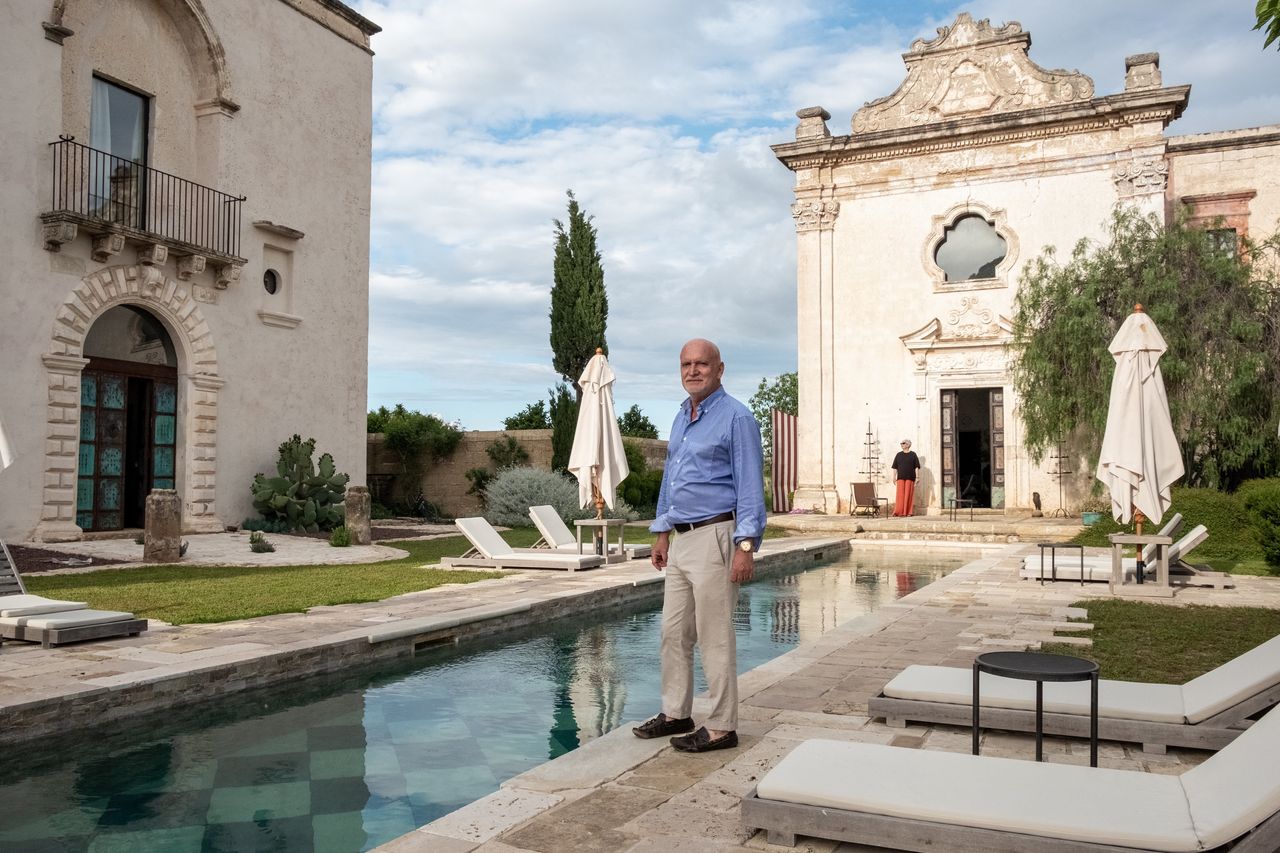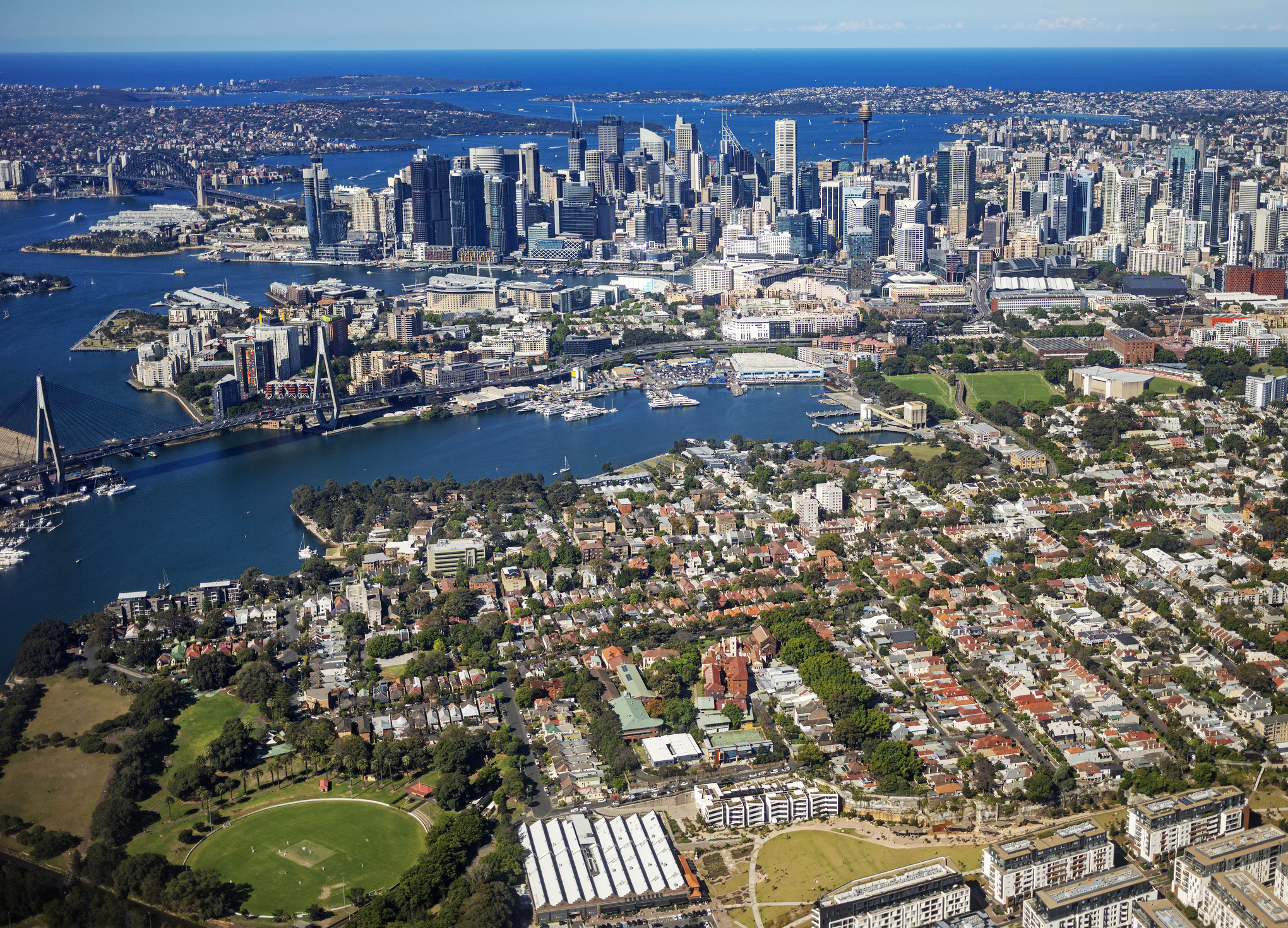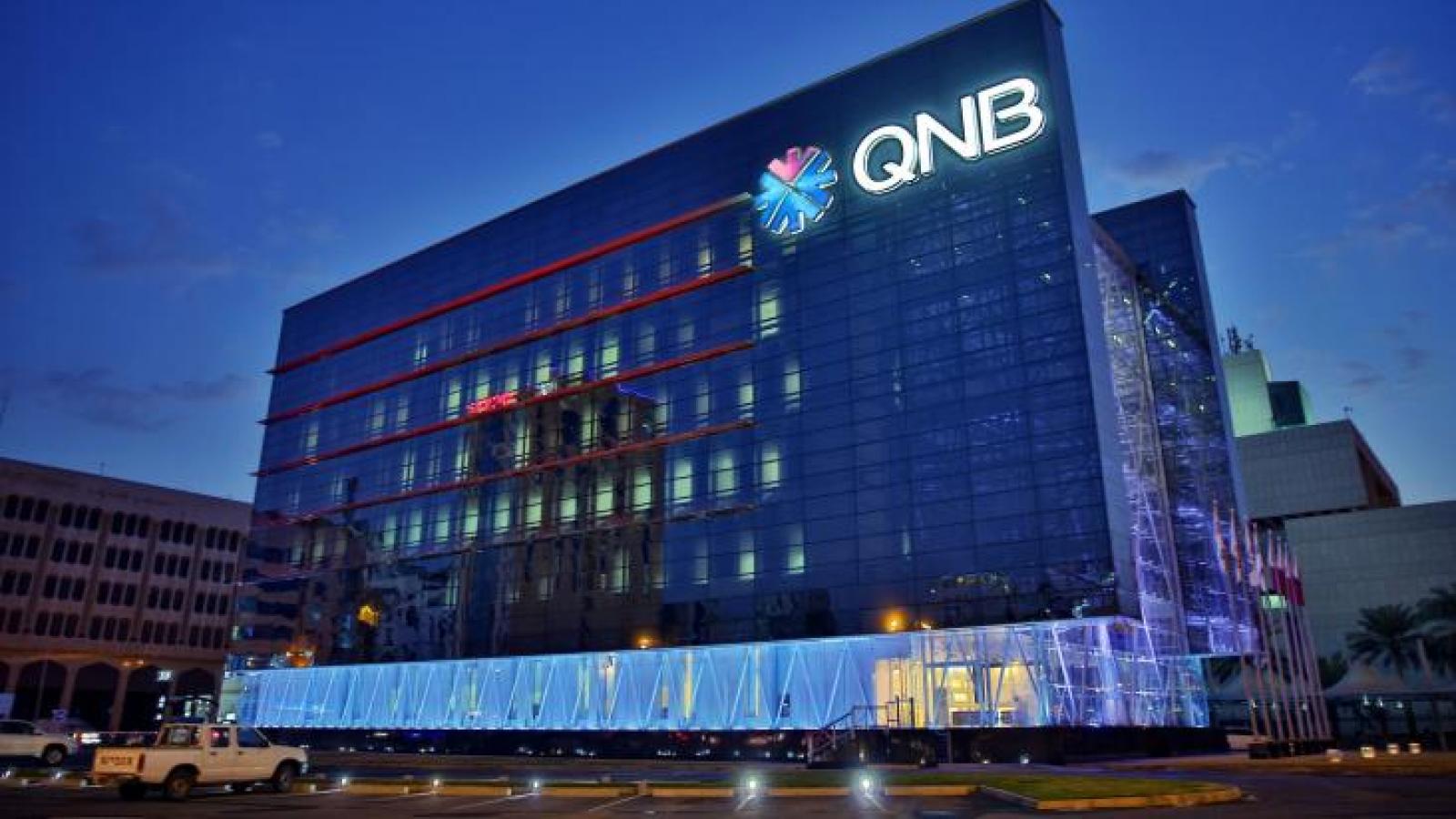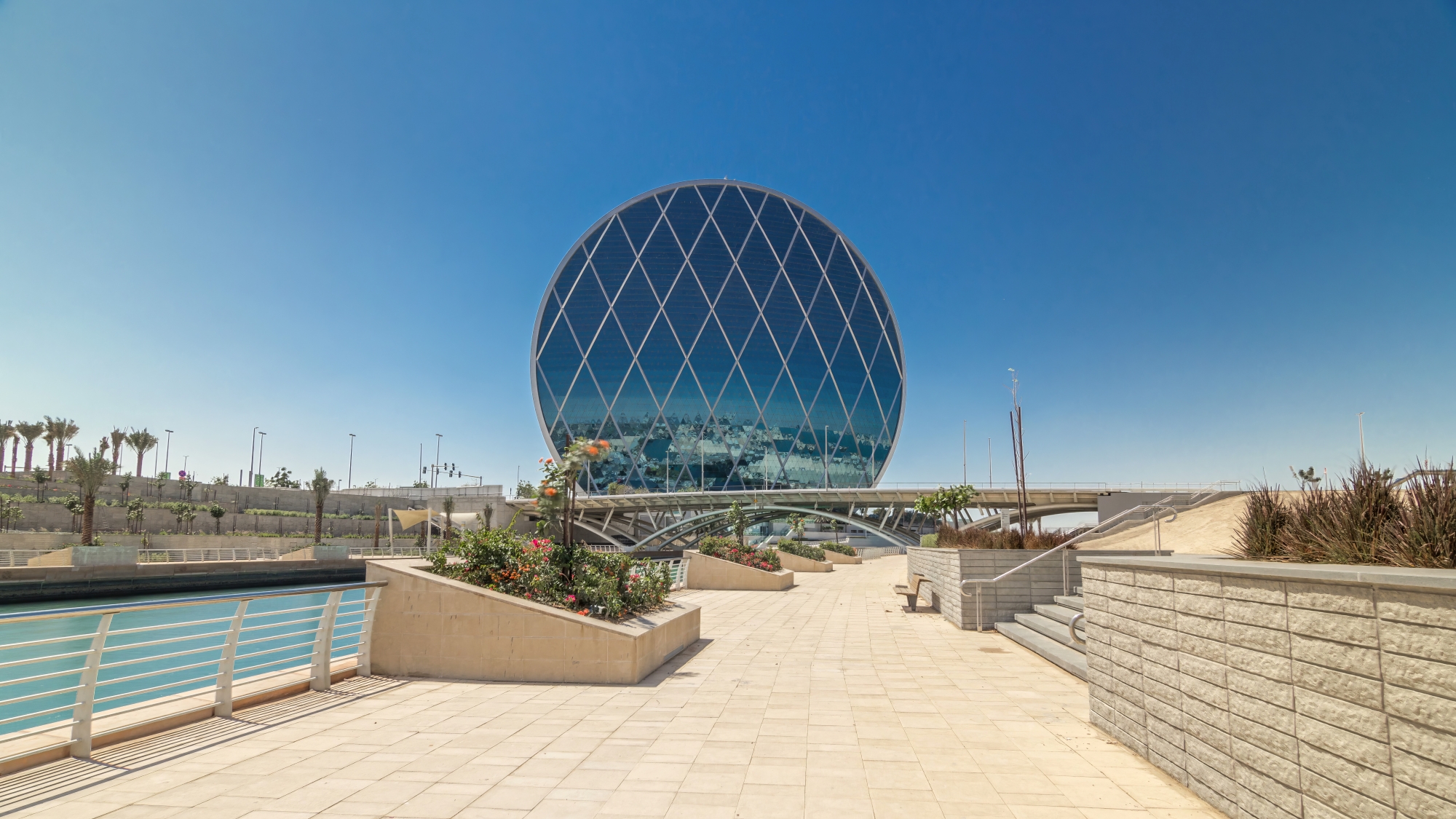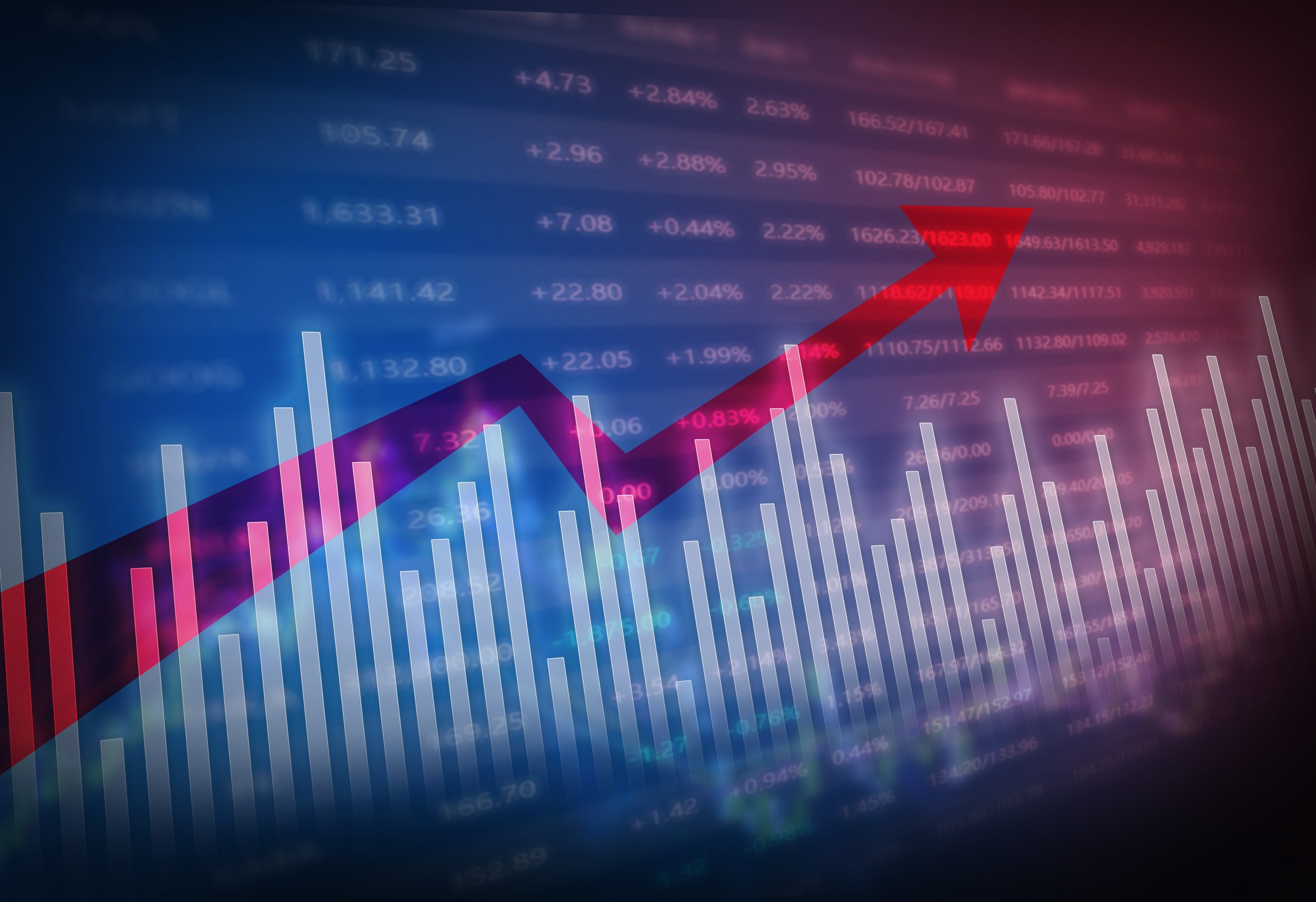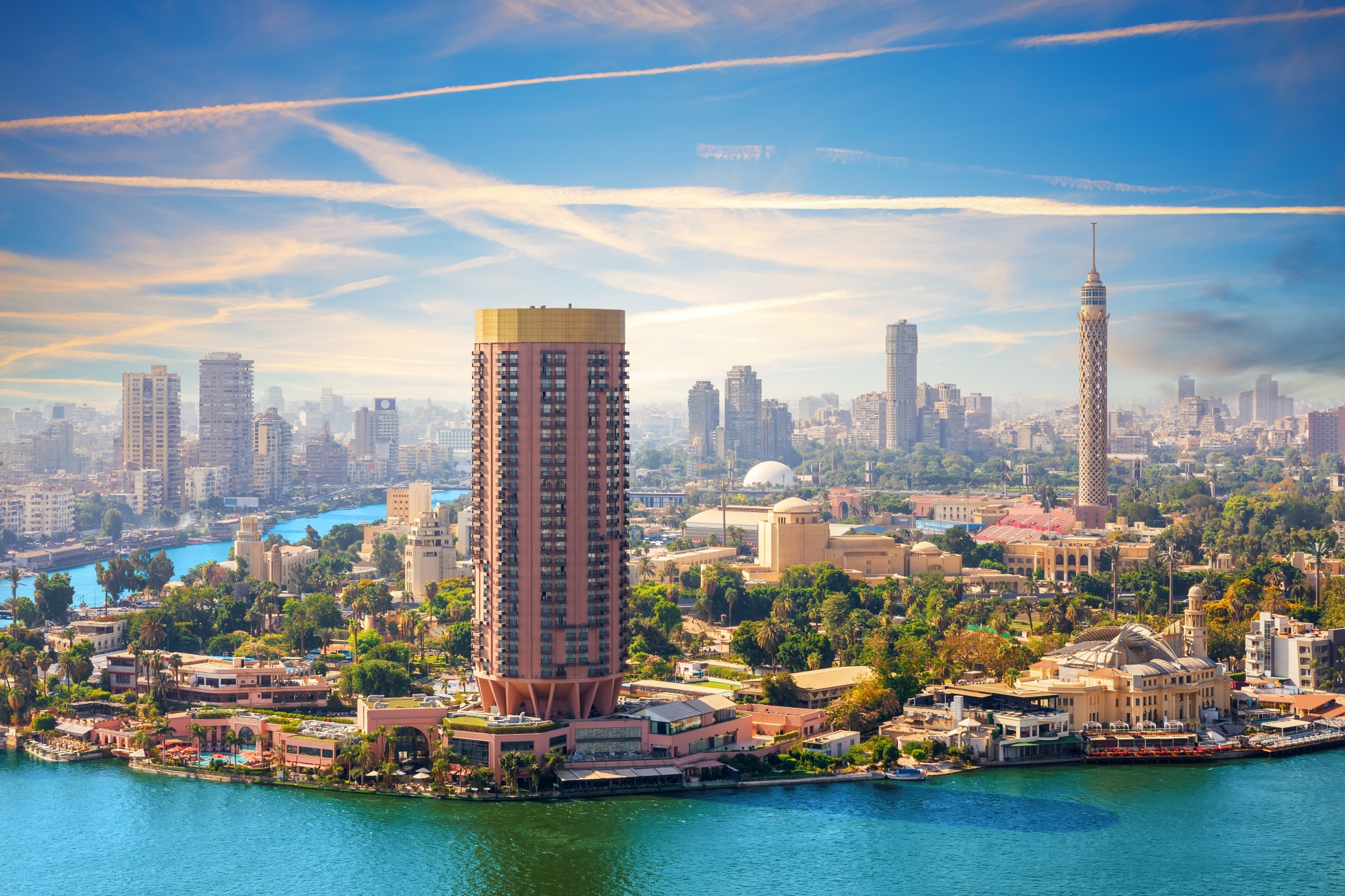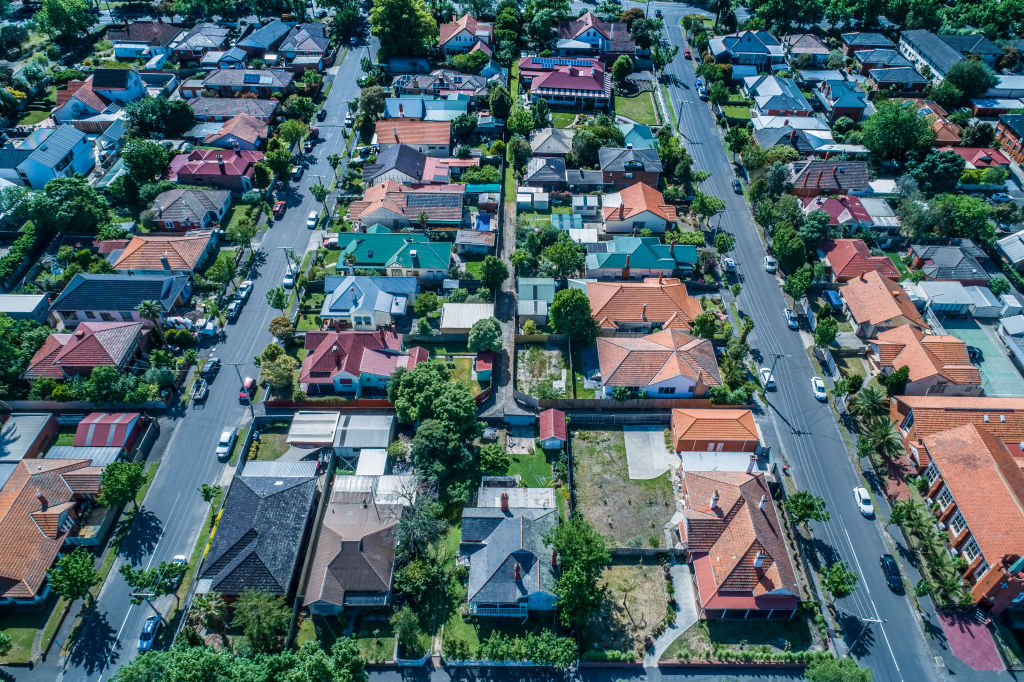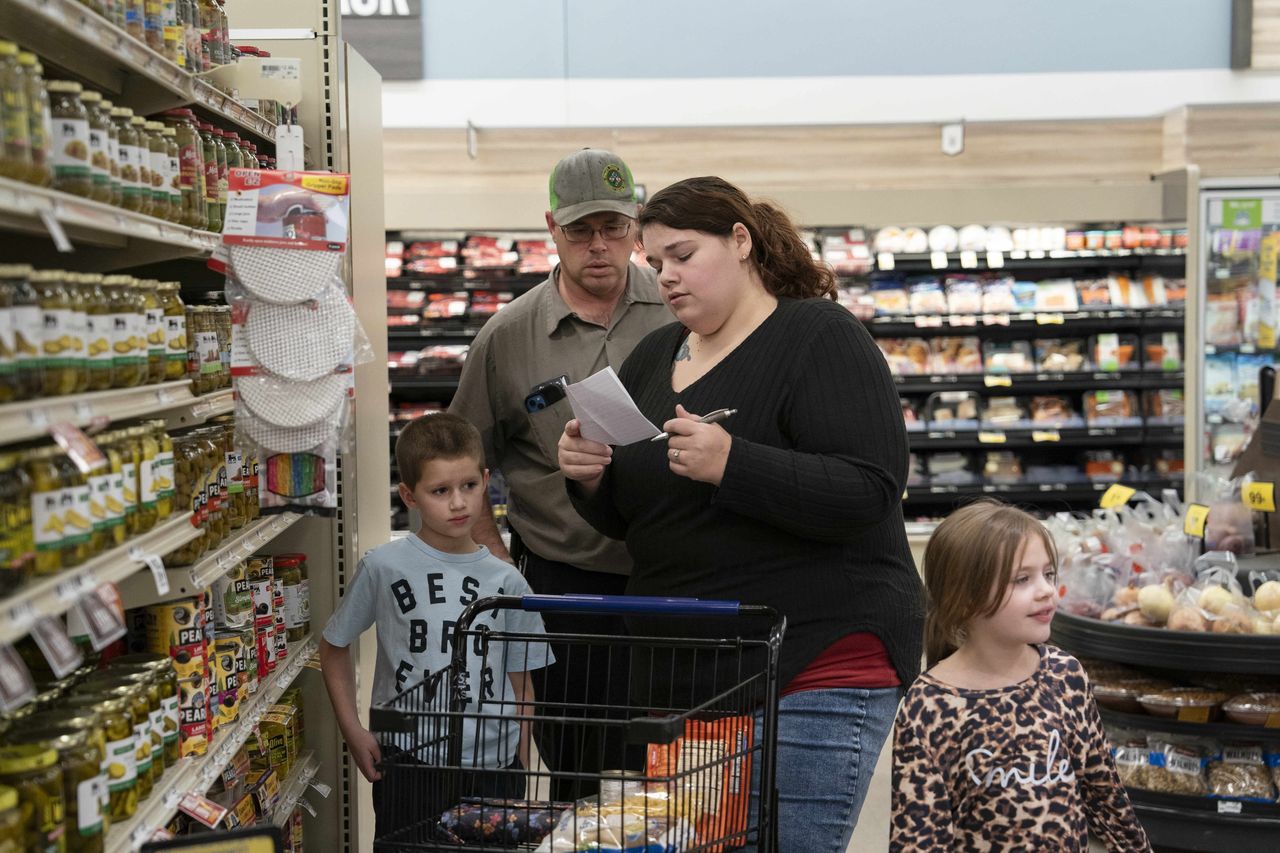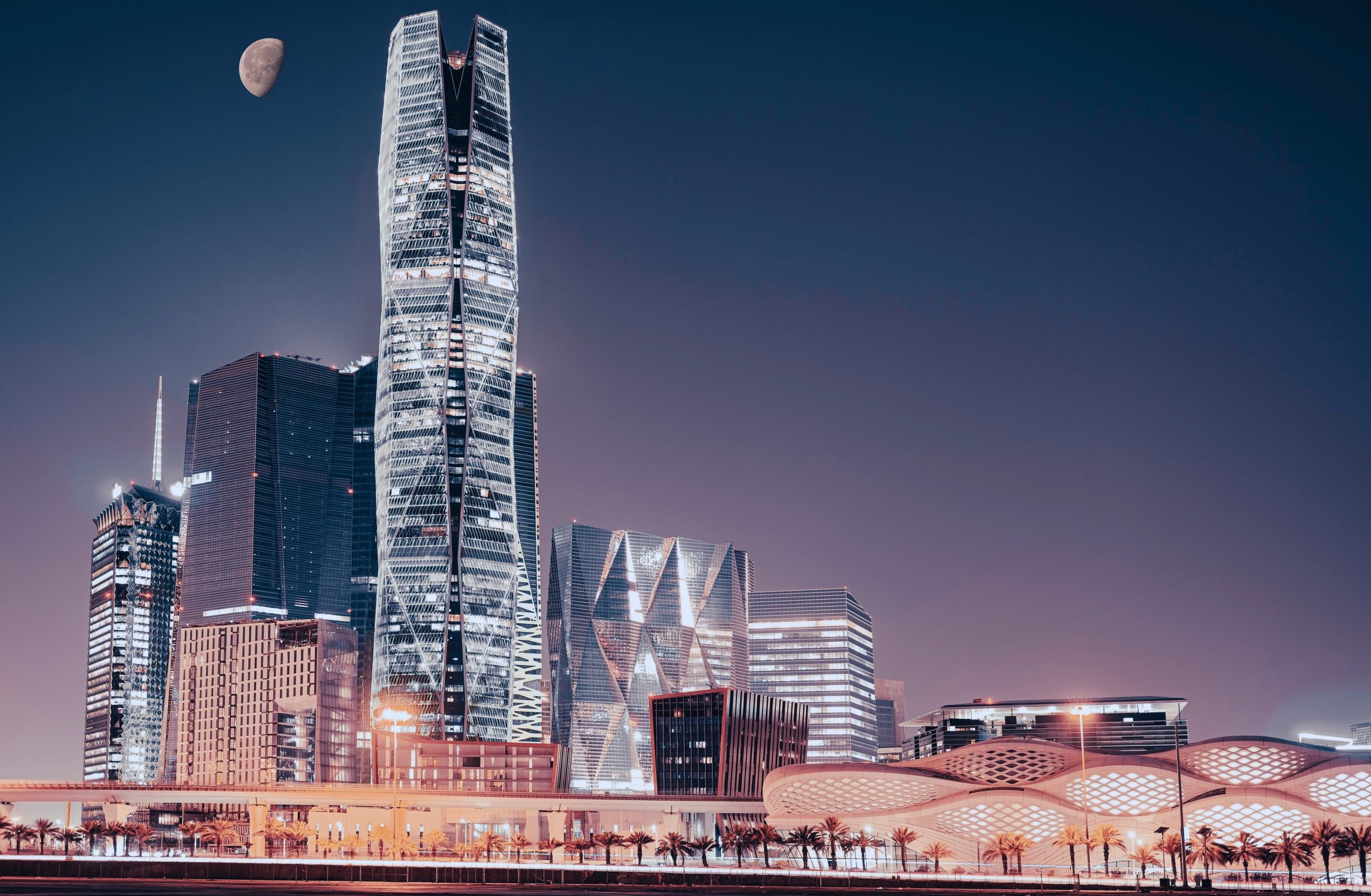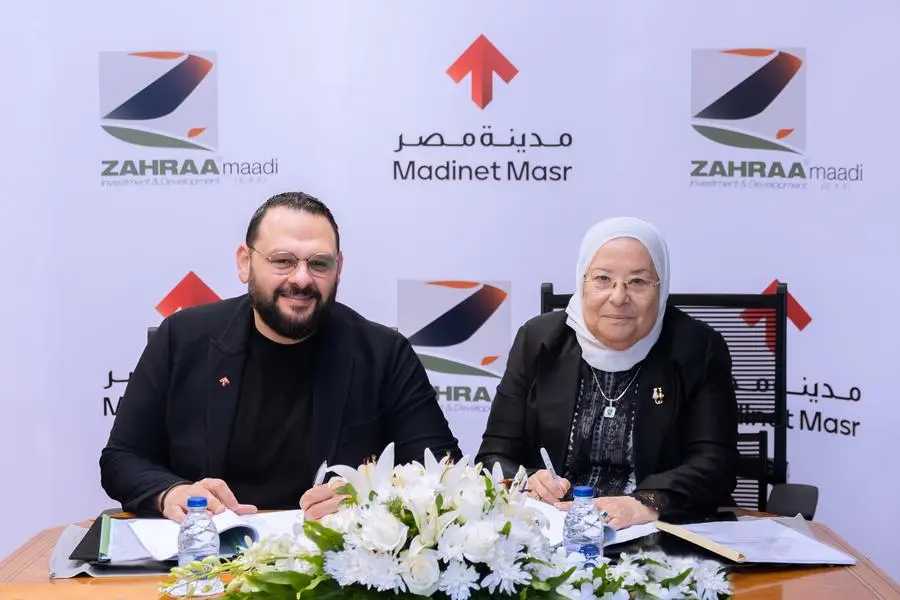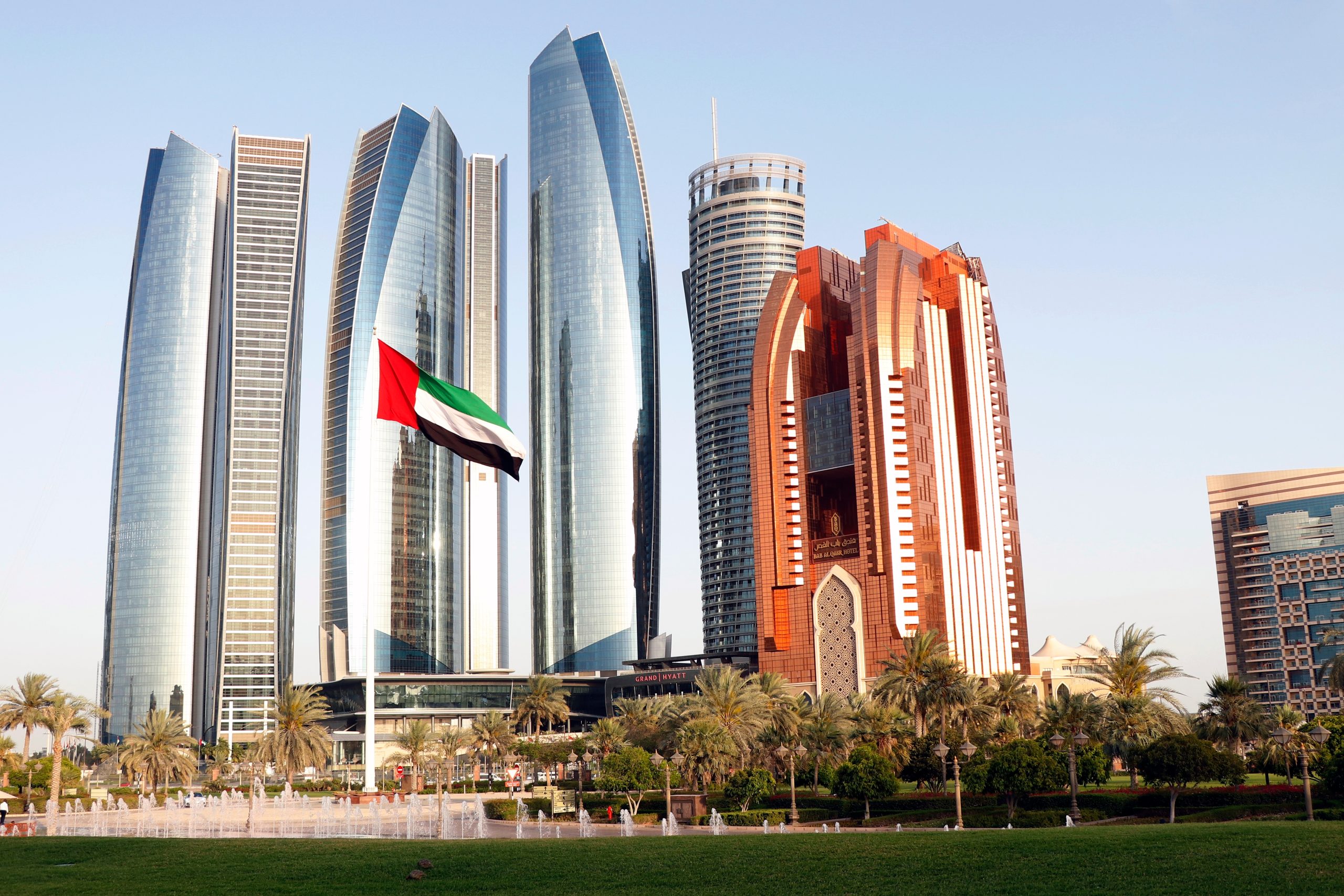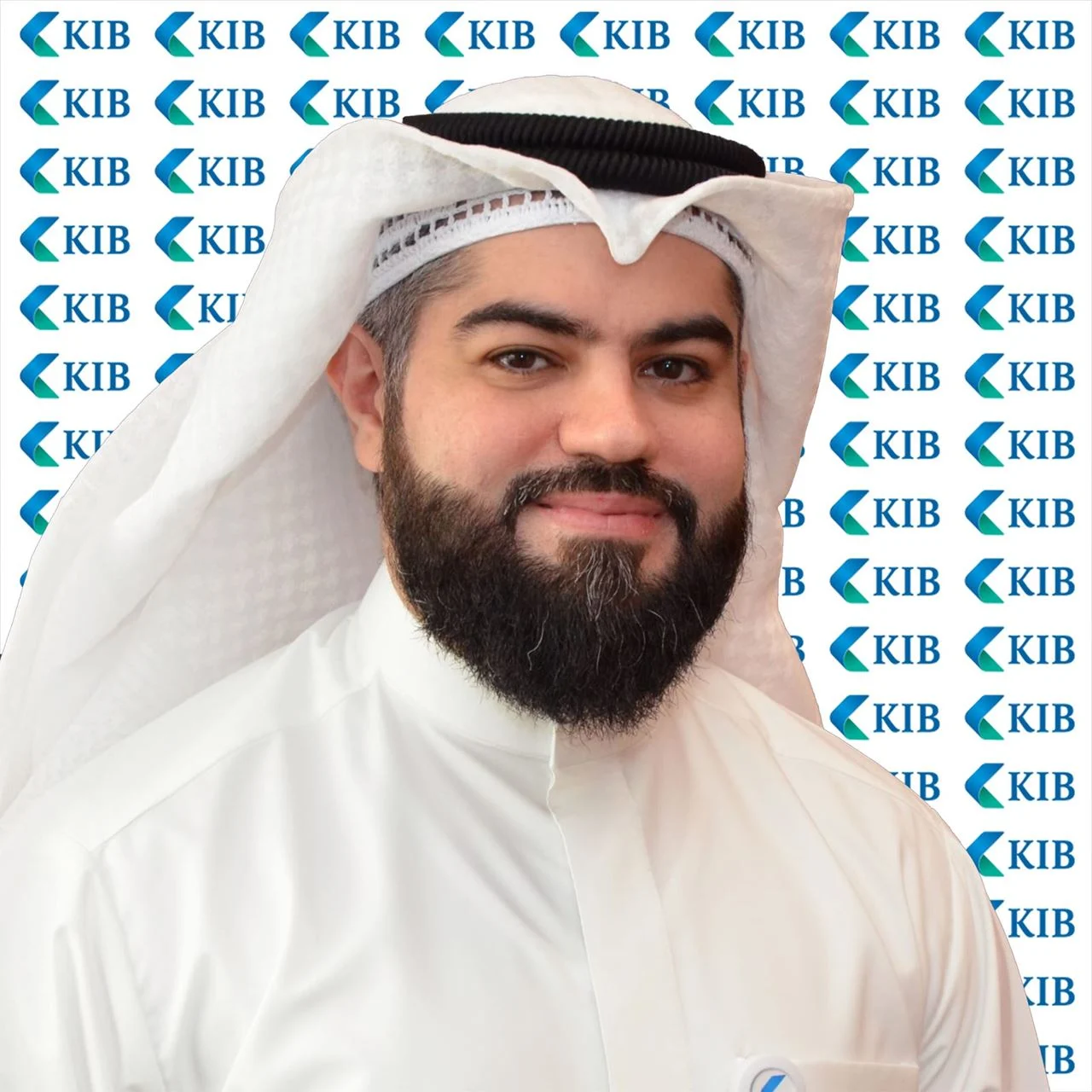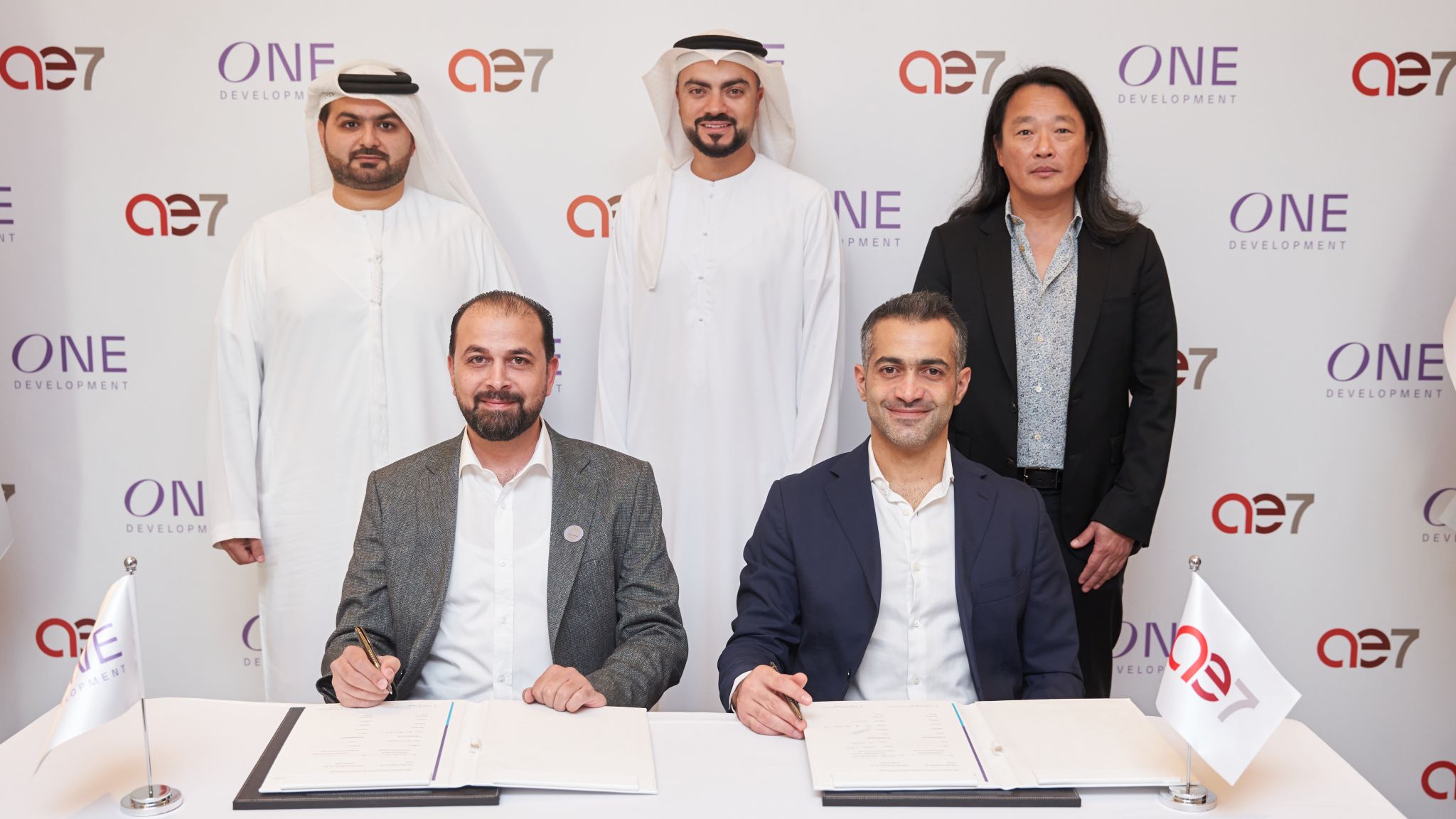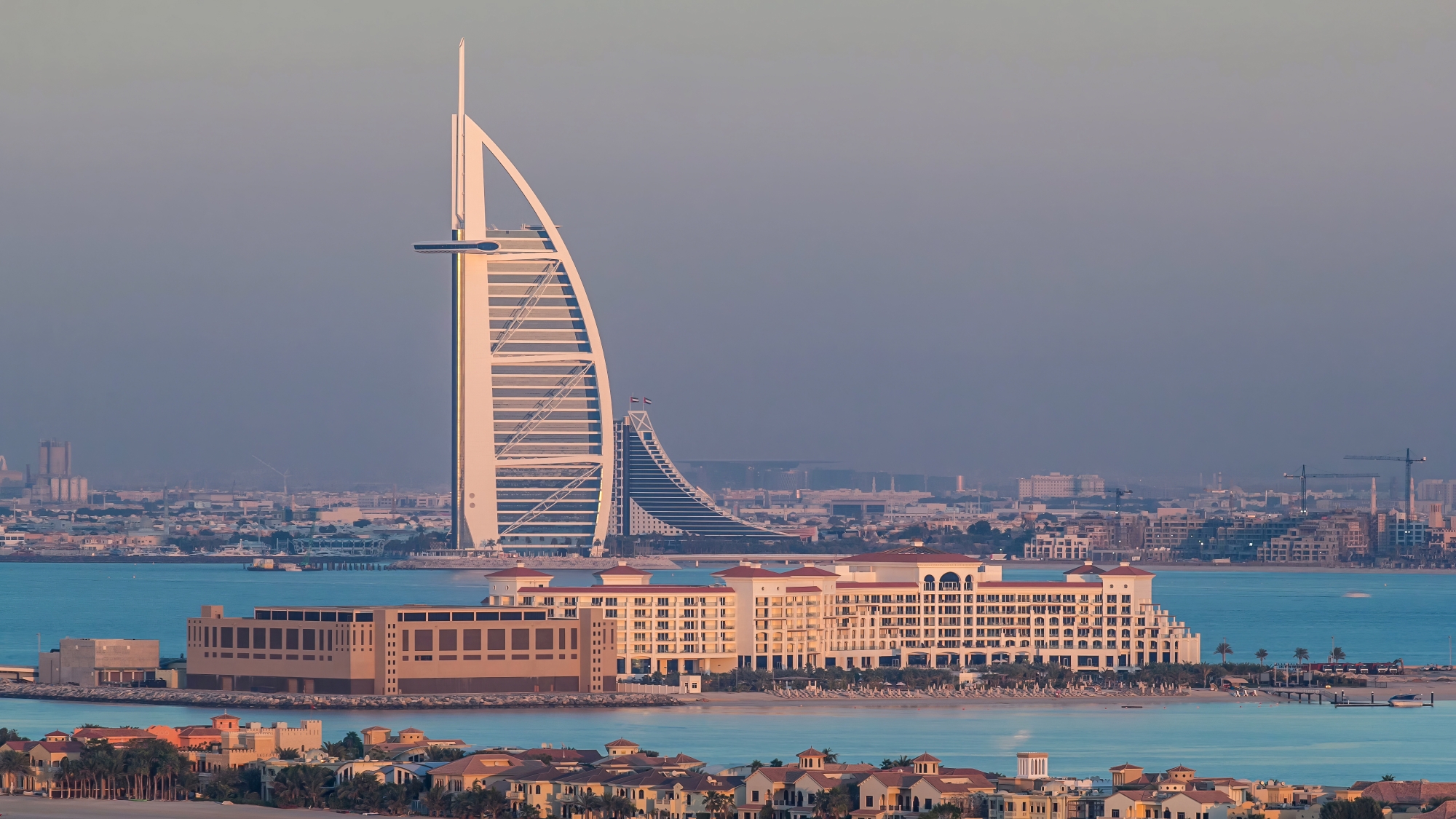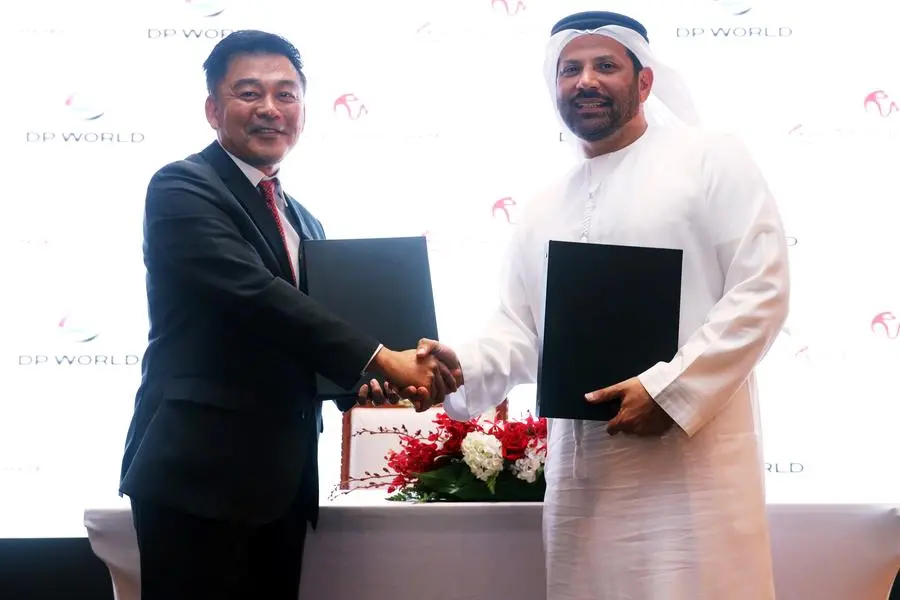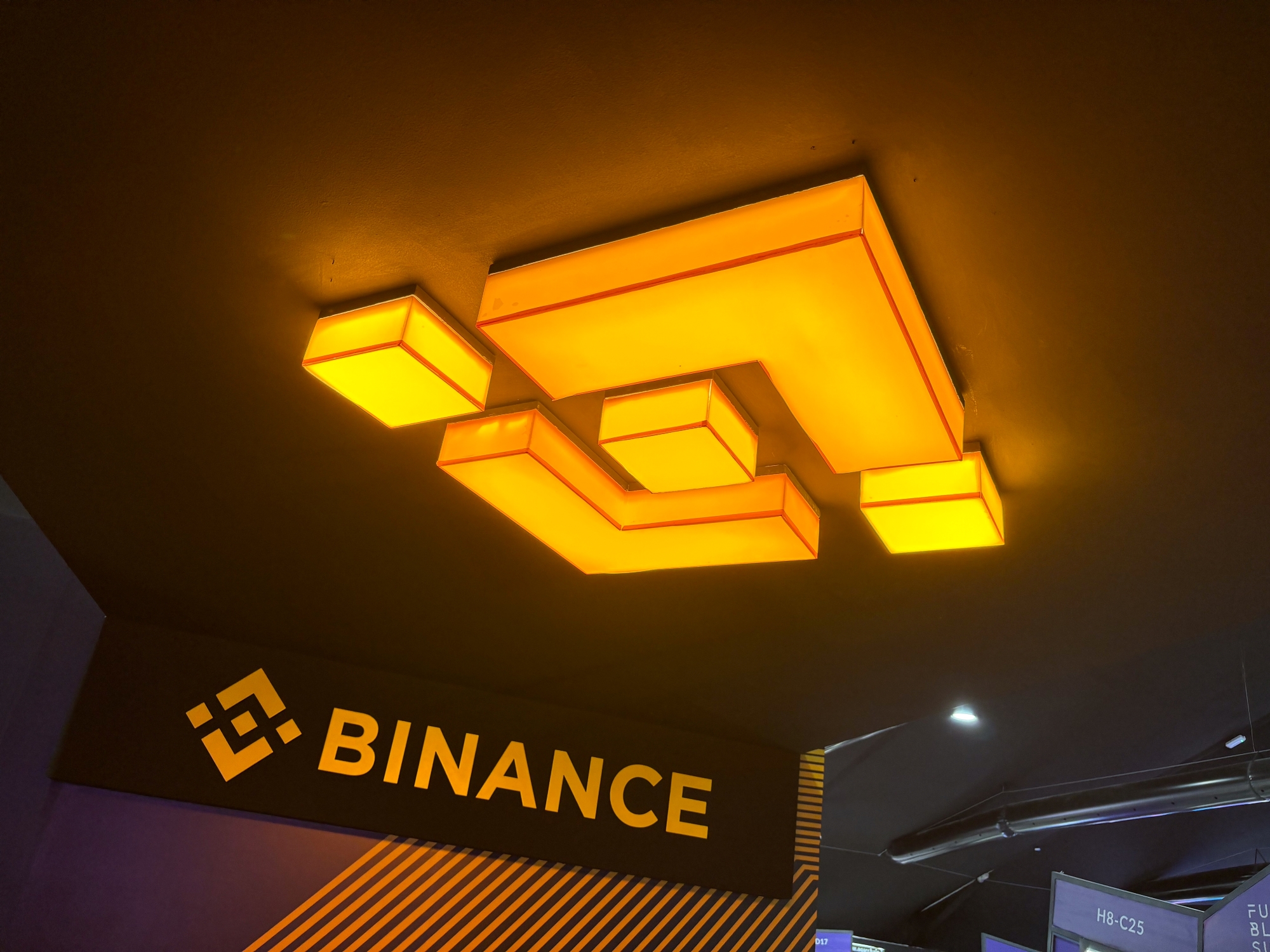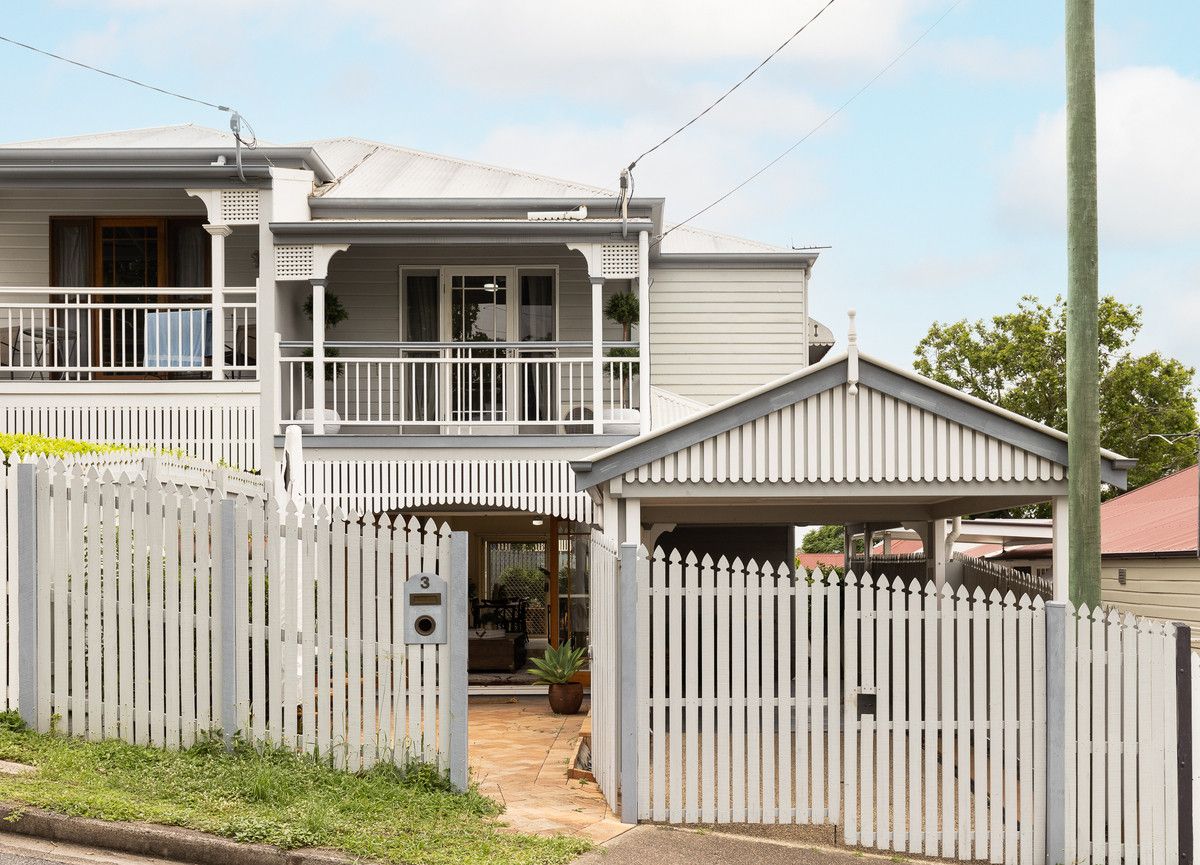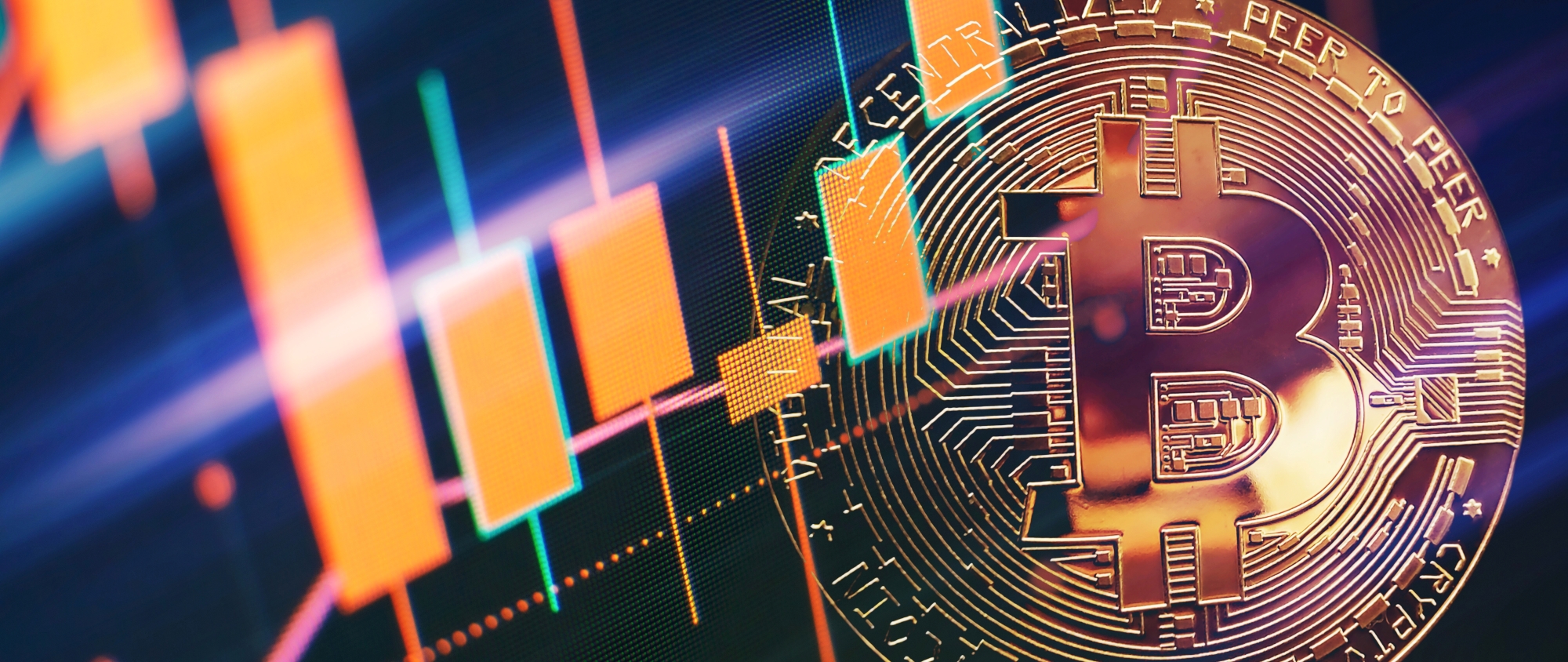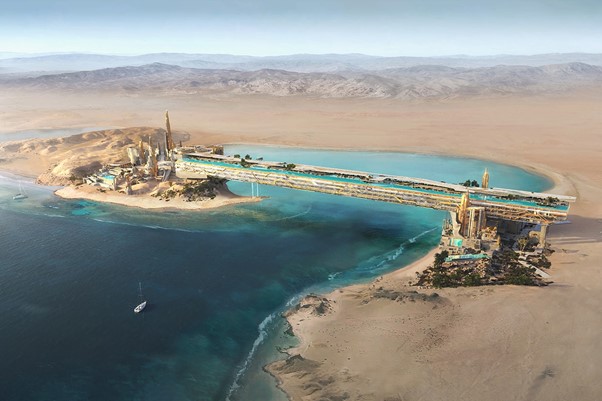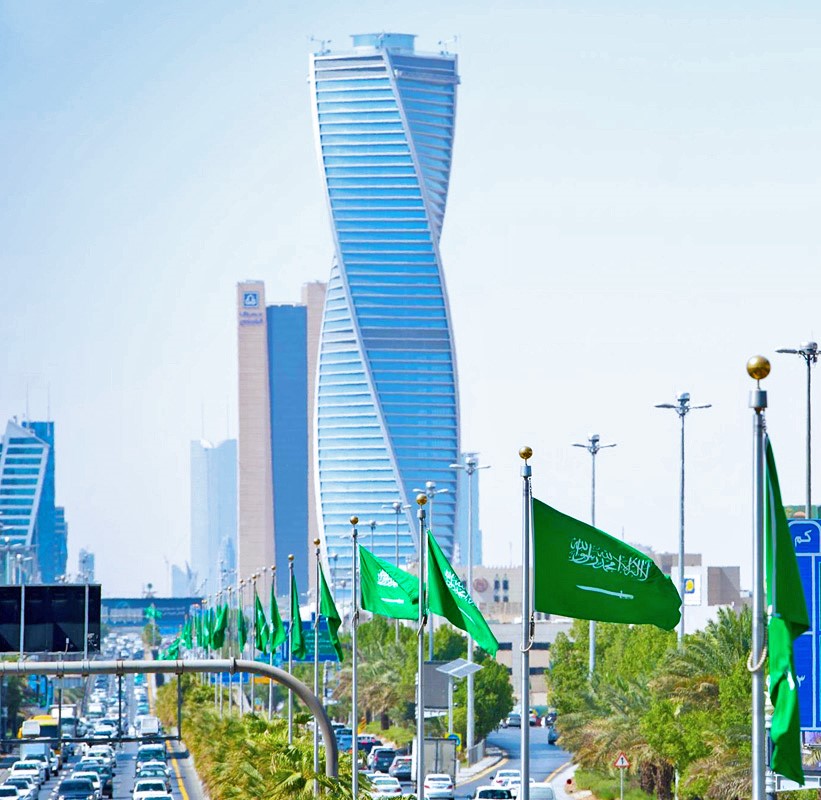Alaan Partners with ACCA to Revolutionize Finance in the Middle East through AI and Technology
This partnership marks a significant milestone as Alaan becomes the first fintech company in the Middle East to partner with a global accounting organization
Alaan, the Middle East’s leading corporate card and spend management platform, has signed a Memorandum of Understanding (MoU) with the Association of Chartered Certified Accountants (ACCA), the global accounting body. This partnership marks a significant milestone as Alaan becomes the first fintech company in the Middle East to partner with a global accounting organization, demonstrating a shared commitment to the advancement of finance, accounting, and technology professionals in the region.
The MoU, signed by Parthi Duraisamy, CEO of Alaan, and Kush Ahuja, Head of Eurasia and Middle East at ACCA, signals a new era of collaboration designed to provide finance professionals with opportunities to upskill, engage with new technologies, and build a stronger finance community. This is the first time ACCA has partnered with a homegrown fintech to promote the development of the finance sector in the Middle East, reinforcing its mission to shape the future of the global accountancy profession.
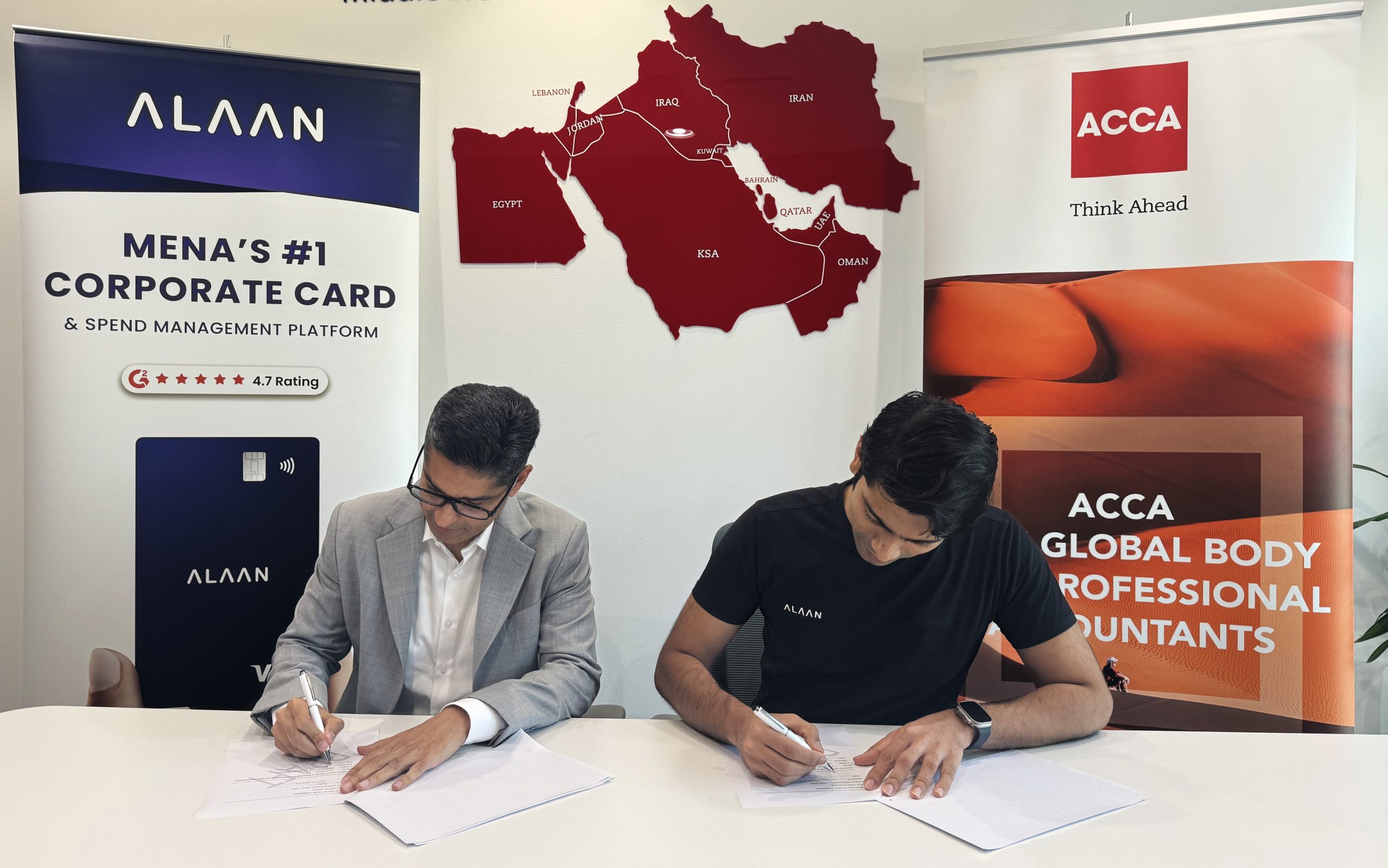
“This partnership is a critical step in breaking down the barriers between finance and technology, particularly when it comes to AI,” said Parthi Duraisamy, CEO of Alaan. “Finance professionals tend to be cautious in adopting new technologies, but through this MoU, we aim to destigmatize the use of AI and provide finance teams with the tools they need to thrive in a digital-first world. Together with ACCA, we will offer a platform for professionals to network, learn from peers, and gain exposure to cutting-edge technologies.”
Kush Ahuja, Head of Eurasia and Middle East at ACCA, commented: “Partnering with Alaan provides a great opportunity for our stakeholders to explore the transformative impact of technology in the finance industry. Our joint initiatives will help our community stay at the forefront of innovation, ensuring they are equipped with the knowledge and skills to succeed.”
Through this MoU, Alaan will actively support ACCA’s mission by organizing opportunities for finance professionals to learn about new technologies and upskill, fostering an environment of continuous professional development. This collaboration also opens up a unique opportunity for the finance and fintech sectors in the UAE, offering finance professionals a direct connection to the insights and innovations coming from a leading fintech company.
“This partnership is unprecedented in the region and will have a transformative impact on the finance industry,” Duraisamy continued. “For the first time, accountants and finance professionals in the Middle East will have direct access to knowledge and expertise from a fintech, allowing them to learn about the powerful role AI and technology are playing in reshaping finance.”
Alaan and ACCA are committed to driving digital transformation in the finance sector, ensuring that professionals in the Middle East have the tools, knowledge, and networks to succeed in the rapidly evolving financial landscape.
The UAE Government has issued two Federal Decree Laws regulating the Capital Markets Authority and the capital markets sector, strengthening market stability, regulatory independence, and consumer protection, while aligning with international standards to reinforce the UAE’s position as a leading global financial centre.
Abu Dhabi Government has enacted a new Human Resources Law, effective 1 January 2026, to modernise its employment framework and position the government as an employer of choice. The legislation embeds meritocracy across recruitment, promotion, and rewards, introduces competitive benefits and flexible work models, and strengthens learning and career progression pathways. Designed to attract, develop, and retain high-performing talent across critical sectors, the law supports Abu Dhabi’s vision for a future-ready, agile, and high-performing government workforce.
Tally Solutions has launched TallyPrime 7.0 in Saudi Arabia, delivering faster B2C e-Invoicing, seamless compliance with ZATCA Phase-2, and enhanced digital continuity for SMEs. The update reinforces Tally’s commitment to supporting KSA’s SME-led growth and Vision 2030 through secure, automated, and locally aligned business technology.
Four Winds Saudi Arabia Limited has announced its official membership in the Saudi–French Business Council, marking a key milestone in its international expansion strategy. The move strengthens commercial and logistics cooperation between Saudi Arabia and France, supporting Saudi Vision 2030 and reinforcing the Kingdom’s position as a growing global logistics hub.
Four Winds Saudi Arabia Limited, a leader in comprehensive and integrated moving and logistics services since 1979, announced today that it has officially obtained membership in the Saudi–French Business Council (CAFS). This milestone comes as part of the company’s ambitious strategy to expand its international partnerships and unlock new opportunities for commercial and logistics cooperation between the Kingdom of Saudi Arabia and France.
Through its membership in the Saudi–French Business Council, Four Winds Saudi Arabia Limited will play an active role in strengthening economic ties between the two countries’ business communities by delivering world-class logistics solutions that support bilateral trade and investment.
Nizar Al Mani, CEO of Four Winds Saudi Arabia Limited, said: “We are honored to join the Saudi–French Business Council, one of the leading platforms driving bilateral economic growth. This step underscores our commitment to supporting the goals of Saudi Vision 2030 by strengthening the Kingdom’s role as a global logistics hub—enhancing trade flows and streamlining supply chains between the Saudi market and European markets, particularly France.”
This new membership will enable Four Winds Saudi Arabia Limited to participate in economic meetings and forums organized by the Saudi–French Business Council, while collaborating with leading French companies in transportation, warehousing, and supply chain management. These engagements will facilitate knowledge transfer and support the localization of international best practices within the Saudi logistics sector.
Established in 2003 under the umbrella of the Federation of Saudi Chambers, the Saudi–French Business Council is a leading economic platform dedicated to strengthening trade and investment relations between Saudi Arabia and France. The Council facilitates engagement between the business communities of both countries, organizes economic forums to promote investment opportunities, and works to address challenges faced by investors and companies in both markets.
Established in 1979, Four Winds Saudi Arabia Limited, a Saudi leader in comprehensive and integrated moving and logistics services, has become a cornerstone in the moving and logistics sector, offering comprehensive and integrated services. With over four decades of expertise, the company has earned a distinguished reputation as one of the most trusted providers in the Kingdom of Saudi Arabia and Bahrain. Its partnerships and robust relations with leading international organizations—including IATA, FIATA, IAM, and FIDI—underscores its dedication to quality and customer satisfaction.
Chris Dixon, a partner who led the charge, says he has a ‘very long-term horizon’
Americans now think they need at least $1.25 million for retirement, a 20% increase from a year ago, according to a survey by Northwestern Mutual
Saudi Arabia’s non-oil private sector stayed in growth territory in December, despite a slowdown in momentum. The Riyad Bank PMI eased to 57.4 from 58.5 in November, remaining above its long-term average and signaling continued resilience amid softer new order growth and rising cost pressures.
Saudi Arabia’s non-oil private business sector remained firmly in growth territory in December although the pace of expansion eased to its slowest in four months, and new order growth continued to decelerate, a survey showed on Monday.
The seasonally adjusted Riyad Bank Saudi Arabia Purchasing Managers’ Index (PMI) fell to 57.4 in December from 58.5 in November, indicating a cooling of growth for the second consecutive month. Despite the slowdown, the headline PMI reading was slightly stronger than its long-run average of 56.9.
PMI readings above 50.0 indicate growth in activity, while those below point to contraction.
Output levels across non-oil businesses rose sharply, driven by increased new business, ongoing projects, and heightened investment spending. However, the rate of growth was the least pronounced since August.
The new orders subindex retreated to 61.8 in December from November’s 64.6 reading but the pace of expansion was the slowest in four months. Firms cited improving economic conditions and successful marketing campaigns as key drivers but expressed concerns over market saturation.
“Export demand recorded a marginal increase for the fifth consecutive month, but the latest rise was the weakest in this sequence, suggesting that external demand remains supportive but uneven,” said Naif Al-Ghaith, Riyad Bank’s chief economist.
“Overall, demand conditions point to resilience rather than acceleration as firms navigate a more competitive environment,” he added.
Employment growth remained strong, with companies continuing to expand their workforces. However, inflationary pressures intensified, with input prices rising sharply due to higher purchase costs, leading to increased output prices.
Business confidence for the year ahead was subdued, dampened by concerns over rising market competition, with only moderate expectations for future growth.
Chris Dixon, a partner who led the charge, says he has a ‘very long-term horizon’
Interior designer Thomas Hamel on where it goes wrong in so many homes.
Saudi Arabia’s National Debt Management Center has finalised a $13 billion, seven-year syndicated loan to help finance power, water, and public utilities projects. The transaction supports the Kingdom’s medium-term debt strategy, diversifies funding sources, and advances infrastructure development aligned with Vision 2030.
Saudi Arabia’s National Debt Management Center had finalized the arrangement of a $13 billion, seven-year syndicated loan to help finance power, water and public utilities projects.
The transaction is a part of the kingdom’s medium-term debt strategy, which aims to diversify funding sources and meet financing needs over the medium to long term.
“This transaction aims to leverage market opportunities to execute alternative government financing activities that contribute to economic growth, including the financing of development and infrastructure projects aligned with Saudi Vision 2030,” the center said in a statement. Saudi Arabia, the world’s top oil exporter, is more than halfway through its Vision 2030 blueprint for economic transformation.
The strategy, introduced by de facto ruler Crown Prince Mohammed bin Salman in 2016, calls for hundreds of billions of dollars in government investments to wean the kingdom’s economy off its dependence on hydrocarbon revenue.
Chris Dixon, a partner who led the charge, says he has a ‘very long-term horizon’
Following the devastation of recent flooding, experts are urging government intervention to drive the cessation of building in areas at risk.
The UAE Government has issued two Federal Decree Laws regulating the Capital Markets Authority and the capital markets sector, strengthening market stability, regulatory independence, and consumer protection, while aligning with international standards to reinforce the UAE’s position as a leading global financial centre.
The UAE Government has issued a federal decree law concerning the Capital Market Authority and a federal decree law concerning the Regulation of Capital Markets, as part of the UAE’s ongoing efforts to modernise the legislative and regulatory framework governing the financial sector and enhance its stability, efficiency, and competitiveness.
The Decree Laws also further alignment of the national regulatory ecosystem with the highest international standards and reinforce the independence of the Capital Market Authority and its role in safeguarding the soundness and stability of the capital markets sector and ensuring fair competition.
The two Federal Decree Laws aim to preserve the stability and integrity of the capital markets sector and define the core mandates of the Capital Market Authority, foremost among which are regulating licensed financial activities and issuers, supervising and overseeing them in accordance with international standards, issuing regulations and standards to ensure fair and effective financial practices, supporting principles of governance, monitoring and analysing system-related risks, and developing the global standing of the UAE capital markets sector as a financial centre with a strong international reputation.
The two Federal Decree Laws seek to enhance alignment with global best practices and compliance with the requirements of international organisations concerned with the financial sector, including the International Organization of Securities Commissions, the World Bank, the International Monetary Fund, and the recommendations of the Financial Action Task Force, among other requirements that contribute to improving international assessments. Additionally, the two Decree Laws support enhanced international cooperation, facilitate mutual recognition procedures, and enable the recognition of financial products across jurisdictions.
In the area of consumer protection and financial inclusion, the two Federal Decree Laws establish an integrated framework that obliges licensed persons to enable all community segments to access appropriate financial services, in line with digital transformation and financial technology developments, while supporting sustainability and leadership in financial activities and services.
The framework also provides for national awareness programmes in cooperation with the financial sector and civil society institutions, and affirms the continuation of established positive practices, particularly those related to aligning credit facilities with client income levels and protecting clients from irresponsible practices.
The Federal Decree Law concerning the Regulation of Capital Markets introduces proactive early intervention measures to address indicators of deterioration in the financial position of licensed persons, to ensure the financial stability of financial activities and services and protect clients.
These measures include activating recovery plans, imposing additional capital and liquidity requirements, adjusting strategies and administrative and operational structures, appointing temporary committees or placing licensed persons under direct administration, taking merger, acquisition, or liquidation measures when necessary, and applying special measures where a licensed person fails to rectify its position.
Pursuant to the Decree Law, the Capital Markets Authority, in its capacity as the resolution authority, plays a central role in managing financial crises through the dismissal and appointment of management, the appointment of a temporary administrator to manage the licensed person and its assets, capital restructuring, and the implementation of rescue measures to ensure the continuity of critical activities.
With regard to administrative sanctions, the Decree Laws provide for raising administrative fines in proportion to the gravity of violations and the size of transactions, and authorise the Authority to impose proportional fines of up to ten times the profit realised by the violator or the 10 times the value of the loss avoided.
It also allows for reconciliation with violators prior to the issuance of final judicial decisions and permits the publication of sanctions on the official website of the Capital Markets Authority, thereby enhancing transparency and market discipline.
Chris Dixon, a partner who led the charge, says he has a ‘very long-term horizon’
Abu Dhabi Government has enacted a new Human Resources Law, effective 1 January 2026, to modernise its employment framework and position the government as an employer of choice. The legislation embeds meritocracy across recruitment, promotion, and rewards, introduces competitive benefits and flexible work models, and strengthens learning and career progression pathways. Designed to attract, develop, and retain high-performing talent across critical sectors, the law supports Abu Dhabi’s vision for a future-ready, agile, and high-performing government workforce.
Abu Dhabi Government has enacted comprehensive human resources legislation to modernize its employment framework, positioning the government as an employer of choice for high-performing professionals, and embedding meritocracy across its workforce of more than 25,000. The law takes effect on 1st January 2026.
The 2026 Human Resources Law transforms how Abu Dhabi Government attracts, develops, and retains talent. It establishes merit-based systems for recruitment and advancement, introduces competitive benefits that appeal to top performers, and creates clear pathways for career progression based on capability and results rather than tenure.
The legislation reflects a strategic shift toward building a high-performing, agile workforce equipped to deliver modern public services. By aligning government employment with best practices in talent management, the law strengthens Abu Dhabi’s ability to compete for skilled professionals and experts in critical fields including AI, technology, policy, and specialized services.
Ahmed Tamim Hisham Al Kuttab, Chairman of the Department of Government Enablement (DGE), said, “This law fundamentally modernizes how we approach human resources in government. We’re creating an environment where exceptional talent chooses public service, where merit drives advancement, and where high performers are recognized and rewarded.
“The best professionals seek organizations that invest in their development, reward excellence, and provide clear career pathways. This legislation ensures we meet those expectations. It’s about attracting the caliber of talent that will drive our continued progress towards an AI Native Government.”
Ibrahim Nassir, Under-Secretary of DGE, said, “This legislation addresses a practical reality: the most talented professionals have options. They can work anywhere. Government must compete not just on mission, but on how we develop careers and support employees throughout their journey with us.
“We’ve built comprehensive learning programs that ensure our people stay ahead of technological change. We’ve introduced accelerated pathways, so high performers aren’t held back by rigid timelines. We’ve created work-life balance provisions that recognize employees have lives, families, and ambitions beyond their desks. This is how modern organizations attract and keep exceptional people, through this law, that is how Abu Dhabi Government operates.”
The law establishes merit-based systems across the employee lifecycle. High performers benefit from accelerated promotion pathways that recognize exceptional work rather than requiring standard tenure periods. Performance-based allowances provide tangible recognition for distinguished contributions. Outstanding new graduates face reduced probation periods, enabling faster progression for those who demonstrate capability.
These provisions signal a clear commitment to rewarding results. Employees who excel advance faster, earn recognition, and access opportunities based on what they achieve, not only how long they serve.
To compete for high-performing professionals, the law introduces benefits that reflect what top talent values. Entrepreneurship leave enables employees to pursue business ventures while maintaining government careers, appealing to innovative professionals who seek diverse experiences. Enhanced and flexible parental leave, including doubled paternity provisions and extended maternity support, recognizes that talented professionals prioritize family wellbeing. Flexible work arrangements, including compressed schedules, optimized hours and enhanced remote work options, provide the adaptability that skilled professionals expect from modern employers in an agile ecosystem such as Abu Dhabi.
These provisions address a fundamental challenge: talented individuals have choices about where to work. This law ensures government employment offers compelling reasons to choose and stay in public service.
The legislation modernizes core HR systems to reflect contemporary workforce needs. Comprehensive learning and development programs provide continuous reskilling opportunities, ensuring employees remain current with evolving requirements. Updated leave provisions, including marriage leave, enhanced bereavement support, and caregiving flexibility, recognize the full scope of employees’ lives beyond work. Tailored arrangements for People of Determination ensure accessibility and inclusion across workplaces within the government.
These modernizations create an employment framework that attracts diverse talent while supporting sustained high performance. The law replaces outdated approaches with systems designed for today’s workforce expectations and tomorrow’s public service needs.
By embedding meritocracy, modernizing systems, and positioning government as an employer of choice, the law provides mechanisms for retaining high performers, establishing a culture where excellence is recognized, developed, and rewarded.
The result is a human resources framework aligned with Abu Dhabi’s ambitions for a capable, agile, high-performing and future-ready government workforce.
The Human Resources Law No. (08) of 2025 takes effect on 1st January 2026. DGE will work with government entities across Abu Dhabi to ensure effective implementation and provide comprehensive support to integrate the new systems and approaches.
Chris Dixon, a partner who led the charge, says he has a ‘very long-term horizon’
Tally Solutions has launched TallyPrime 7.0 in Saudi Arabia, delivering faster B2C e-Invoicing, seamless compliance with ZATCA Phase-2, and enhanced digital continuity for SMEs. The update reinforces Tally’s commitment to supporting KSA’s SME-led growth and Vision 2030 through secure, automated, and locally aligned business technology.
Tally Solutions, a leading global technology company providing Business Management Software to small and medium businesses worldwide, today announced the launch of TallyPrime 7.0 in the KSA, along with significant enhancements to the Kingdom’s e-Invoicing (Fatoorah) experience. As compliance, continuity, and automation become fundamental to SME productivity, the latest update introduces capabilities that help businesses stay fully aligned with ZATCA’s Phase-2 requirements while operating with greater speed and confidence.
At the heart of this release is a major improvement to the B2C e-Invoicing flow, eliminating delays and enabling cashiers to issue invoices faster. Under updated ZATCA guidelines, simplified B2C invoices require only reporting instead of clearance, allowing TallyPrime to generate QR codes instantly at the time of saving or printing—without waiting for portal confirmation. The e-Invoice Overview has also been redesigned to highlight only items needing action, while the system now auto-triggers status checks for invoices pending more than two days. The result is a simpler, faster, and more intuitive experience that reduces manual effort, streamlines compliance, and keeps SMEs aligned with ZATCA Phase-2 requirements.
SMEs represent more than 90 percent of the businesses operating in the Kingdom and are a cornerstone of Saudi Vision 2030, the National Transformation Program, and ZATCA’s digitization agenda. This launch reinforces Tally’s long-standing commitment to supporting Saudi Arabia’s economic diversification and digital growth by delivering technology deeply aligned with the region’s compliance priorities.
Another significant advancement in TallyPrime 7.0 is the strengthened experience of TallyDrive. While it ensures uninterrupted continuity through automated cloud and local backups, its core has always been data security — a principle central to Tally for decades. With enhanced encryption, stronger integrity checks, and a framework designed to keep data fully in the business’s control, TallyDrive allows SMEs to embrace digital workflows with confidence, assured that their financial information remains protected and accessible only to them.
The release also introduces a seamless and fully compliant adoption of the KSA’s new national currency symbol. Designed to respect local norms and adhere to Central Bank guidance, the new symbol appears consistently across invoices, reports, and statements in both English and Arabic, helping businesses maintain accuracy, professionalism, and regulatory alignment from the moment they upgrade.
Additionally, Smart Find, Tally’s advanced universal search capability, allows users to instantly locate entries across multiple companies, even with partial information, supporting SMEs that manage growing operations and increasingly rely on real-time insights.
Speaking on the launch, Vikas Panchal, General Manager – MENA, Tally Solutions, said:
“With the Kingdom accelerating its digital and economic transformation, SMEs remain central to driving innovation and sustained growth. At Tally, we are closely aligned with this vision, building technology that reflects local needs and strengthens business resilience. From simplifying e-Invoicing compliance to enabling effortless localization and secure digital continuity, TallyPrime 7.0 delivers confidence and efficiency for today’s fast-evolving KSA market.”
Tally has consistently strengthened TallyPrime with features tailored for the Kingdom, including English and Arabic bilingual support, VAT and Corporate Tax readiness, and comprehensive alignment with ZATCA’s e-Invoicing mandate. TallyPrime 7.0 builds on this foundation with a smoother upgrade experience, ensuring businesses stay aligned with regulatory changes and new features without disruption.
The release marks another milestone in Tally’s commitment to the KSA and the wider GCC, supported by a strong partner network and dedicated regional support ecosystem.
Chris Dixon, a partner who led the charge, says he has a ‘very long-term horizon’
The UAE’s tourism sector continues to break records, contributing around 14% of GDP and an estimated USD 70 billion in 2025. With visitor numbers, hotel occupancy, and global travel stocks all rising, tourism remains a key engine driving economic diversification, investor confidence, and growth across aviation, hospitality, retail, and real estate as the country heads into 2026.
The UAE’s tourism sector continues to deliver record-breaking performance, reinforcing its role as a major driver of economic growth and diversification. Tourism now accounts for roughly 14% of the UAE’s GDP, contributing an estimated USD $70 billion in 2025.
Visitor demand remains robust. Hotel guest volumes rose by nearly 5% year-on-year to around 23 million in the first nine months of 2025, a new record, while occupancy rates held steady at approximately 80%, highlighting sustained demand despite global economic uncertainty.
According to Farhan Badami, Market Analyst at eToro, the strength of tourism has important implications for both regional and global markets.
“Tourism is not just a growth story for the UAE economy — it’s a key pillar supporting a wide range of sectors and listed companies. Airlines, hotel groups and travel platforms all stand to benefit as visitor numbers continue to rise.”
Globally, travel and leisure stocks have already reflected this momentum, with companies such as Expedia, Booking.com, Trip.com and Hilton enjoying strong performance as international travel demand remains resilient.
Tourism also acts as a powerful multiplier for the UAE economy. Beyond airlines and hotels, rising visitor numbers support retail, transport and real estate, improving earnings visibility and sentiment across multiple sectors.
“What’s particularly important is how tourism reinforces the UAE’s long-term diversification narrative,” Badami added. “Strong visitor inflows help reduce reliance on hydrocarbons while supporting consumer activity and property markets, backed by world-class infrastructure and the UAE’s position as a global aviation hub.”
While tighter global economic conditions could weigh on discretionary travel, the UAE’s ability to attract record visitor numbers even amid uncertainty underscores its competitive edge as a premium leisure and business destination, supporting confidence in regional growth heading into 2026.
Locally, companies such as Emaar and Aldar benefit from increased footfall across malls, hotels and lifestyle developments, while Air Arabia is a direct beneficiary of expanding regional travel and connectivity.
“As we look ahead to 2026, tourism is likely to remain a key engine of growth for the UAE, creating investment opportunities both locally and globally,” Badami said.
Chris Dixon, a partner who led the charge, says he has a ‘very long-term horizon’
Dubai’s property market remained steady, with prices up 2.5% and AED 46B in sales driven mostly by off-plan activity. Buyer demand at betterhomes rose 3%, while leasing saw 45,771 contracts, with renewals climbing to 59% as tenants stayed put heading into 2026. Strong sales momentum, stable rentals, and community-led demand set a balanced foundation for the new year.
Dubai’s residential market held steady in November, with both sales and leasing activity reflecting confidence and consistency as the city moves toward 2026, according to betterhomes.
Off-Plan Drives 70% of Transactions as Prices Rise 2.5%
On the sales side, average prices rose 2.5% month-on-month to AED 1,950 per sqft, continuing the upward trend seen across Q4. The market remained steady as Dubai recorded 17,812 sales transactions worth AED 46 billion, only marking a seasonal 2.9% dip in volume. Off-plan remained the dominant driver with 12,429 transactions, while the secondary market recorded 5,383 sales, maintaining healthy absorption across established communities.
Developer activity was led by Emaar across both off-plan and title-deed sales. At betterhomes, buyer demand rose 3% month-on-month, underscoring resilient demand despite year-end pacing. Sales interest continued to center around established apartment hubs including JVC, Business Bay and JVT, along with villa communities such as Jumeirah Golf Estate, Dubai Land and Mohammed Bin Rashid City.
“November showed strength without the noise,” said Louis Harding, CEO at betterhomes. “With prices up 2.5%, AED 46 billion transacted, and buyer leads growing 3%, the sales market is moving with confidence driven by real demand and well-positioned projects.”
Renewals Climb to 59% as Tenant Mobility Eases
In leasing, the city recorded 45,771 rental transactions in November. Renewals strengthened to 59% of all leases (26,763 contracts), while new contracts totaled 18,873, reflecting a continued preference among tenants to stay put as the year closes. At betterhomes, enquiry levels followed the usual year-end rhythm, with activity moderating as residents delayed moves until early 2026.
Rental growth was community-specific: Dubai Festival City villas rose 4.5%, while Dubai Hills Estate saw a 2% uplift, supported by strong family demand.
Payment terms remained flexible, with 4-cheque agreements representing 34% of leases and single-cheque agreements 27%. Demand continued to cluster around established apartment communities such as JVC, Business Bay and Dubai Silicon Oasis, and villa hubs including Dubai Hills Estate, Damac Hills 2 and The Valley.
“The leasing market moved with clarity and consistency in November,” said Rupert Simmonds, Director of Leasing at betterhomes. “With renewals making up nearly 60% of all activity and strong interest across our core communities, tenants are prioritizing neighborhoods that support everyday living as we head into the new year.”
Outlook: A Stable Platform for 2026
Across both sales and leasing, betterhomes expects November’s steady performance to support a balanced start to 2026, underpinned by population growth, liquidity, and sustained developer and tenant engagement across Dubai’s key communities.
Chris Dixon, a partner who led the charge, says he has a ‘very long-term horizon’
From AI-scaled malware to NFC fraud and massive supply-chain breaches, Kaspersky’s 2025 Security Bulletin shows how the financial sector fought through one of its most complex cyber threat years yet. With ransomware up 35% and over 1.3 million banking trojan attacks detected, 2026 is expected to bring deepfake scams, WhatsApp trojans, regional stealers, and adaptive “agentic” AI malware.
2025 Kaspersky Security Bulletin provides a review of the major cybersecurity trends of the year and offers a look towards the future of cybersecurity, focusing on the financial sector in its first part. According to the report, in 2025, the financial sector navigated a rapidly evolving cyber landscape, with malware spreading through messaging apps, AI-assisted attacks, supply chain compromises, and NFC-based fraud.
Based on Kaspersky Security Network statistics for the year (from November 2024 to October 2025), 8.15% of users in the finance sector faced online threats and 15.81% faced local (on-device) threats. 1,338,357 banking trojan attacks were detected by the company’s solutions. 12.8% of B2B finance sector companies faced ransomware this year – that marks a 35.7% increase in unique users in 2025 compared to the same period of 2024.
The company’s experts highlight the following cybersecurity trends and cases shaping the financial sector in 2025:
Large-scale supply chain attacks: the financial sector faced a series of unprecedented supply chain attacks, which are incidents that exploit vulnerabilities in third-party providers to reach their primary targets. The breaches demonstrated how vulnerabilities in third-party providers can cascade through national payment networks, affecting even central systems.
Organized crime converging with cybercrime: organized crime is increasingly combining physical and digital methods, creating more sophisticated and coordinated attacks. Financial institutions faced threats that blend social engineering, insider manipulation, and technical exploitation.
Old malware, new channels: cybercriminals increasingly exploit popular messaging apps to spread malware, shifting from email phishing to social channels. Banking trojans are being rewritten to use messaging platforms as a new distribution vector, enabling large-scale infections.
AI scales malware to new heights: this year, AI-enabled malware has increasingly incorporated automated propagation and evasion techniques, allowing attacks to spread faster and reach a larger number of targets. This automation also shortens the time between malware creation and deployment.
Mobile banking attacks and NFC fraud: Android malware using ATS (Automated Transfer System) techniques automate fraudulent transactions, altering transfer amounts and recipients in real time without the user noticing. NFC-based attacks have also emerged as a key trend, enabling both physical fraud in crowded places and remote fraud via social engineering and fake apps mimicking trusted banks.
Blockchain-Based C2 Infrastructure is on the rise: crimeware attackers increasingly embed malware commands in blockchain smart contracts, targeting Web3 to steal cryptocurrencies. This method ensures persistence and makes the infrastructure extremely difficult to remove. Using blockchain for C2 operations allows attackers to maintain control even if conventional servers are shut down, highlighting a new level of resilience in cyberattacks.
Ransomware presence: these types of attacks remained a persistent threat for the financial sector with 12.8% of B2B finance organizations affected in November 2024 through October 2025.
Disappearance of certain malware families: some malware families are likely to disappear, as their activity depends directly on the operations of specific criminal groups.
“In 2025, financial cyber threats evolved into a complex landscape, with attacks hitting businesses and end users alike. Criminal groups increasingly combined digital tools, insider access, AI and blockchain to scale operations, forcing organizations to secure not only their systems but also the human networks that support them,” said Fabio Assolini, Head of the Americas & Europe units at Kaspersky GReAT.
Kaspersky predictions for what finance cybersecurity might face in 2026 include:
Banking Trojans will be rewritten for WhatsApp distribution: criminal groups will increasingly rewrite and scale banking trojans distribution and abuse messaging apps like WhatsApp to target corporate and government organizations that still rely on desktop-based online banking. These environments are where Windows-based banking trojans thrive.
Growth of deepfake/AI services for social engineering: the trade in realistic deepfakes and AI-powered campaigns is expected to expand even more, fueling scams around job interviews and offers, driving underground demand for tools that fully bypass Know Your Customer (KYC) verification.
Appearance of regional info stealers: as Lumma, Redline and other stealers are still active, we expect to see the appearance of regional info stealers, targeting specific countries or regions, expanding the use of malware-as-a-service model.
More attacks on NFC payments: as a key technology used in payments, we’ll see more tools, more malware and attacks directed against NFC payments, in all types.
The advent of Agentic AI malware: agentic AI malware is characterized by its ability to dynamically alter behavior mid-execution. Unlike conventional malware that relies on pre-defined instructions, agentic variants are designed to assess their environment, analyze their impact, and adapt their tactics on the fly. This means that a single piece of malware could exhibit a range of behaviors, from initial infiltration to data exfiltration or system disruption, all in response to the specific defenses and vulnerabilities it encounters.
Classic fraud will obtain new delivery: fraud will remain a major threat to end users, but its delivery methods will keep evolving. As new services and messaging platforms emerge, attackers will continue to adapt their tactics to the channels where their target audience is most active.
The persistence of ‘out of box’, pre-infected devices: the threat of counterfeit smart devices sold already infected with trojans (such as Triada) will continue to evolve. These trojans often come with extensive capabilities, including the ability to steal banking credentials, and affect not only “gray” Android smartphones but also other smart devices such as TVs.
Kaspersky experts recommend the following to keep safe:
- Monitor accounts and transactions regularly for suspicious activity.
- Download apps only from official stores and verify developer authenticity.
- Disable NFC when not in use, and utilize wallets that block unauthorized communication.
- Protect your financial transactions by adopting Kaspersky Premium with the Safe Money feature, which verifies the authenticity of known online payment systems and banking websites.
Financial organizations can embrace an ecosystem-based cybersecurity strategy that unites people, processes, and technology:
- Assess the entire infrastructure, fix vulnerabilities, and consider external specialists for fresh perspectives that reveal concealed risks.
- Deploy integrated platforms to monitor and control all attack vectors with rapid detection and swift response across the organization. Solutions from the Kaspersky Next product line can help with this goal, as they provide real-time protection, threat visibility, investigation, and EDR/XDR capabilities scalable to organizations of any size and in any industry.
- Stay current with the threat landscape using Kaspersky threat intelligence and analytics, run regular awareness training to build a human firewall that recognizes threats and enforces security policies.
Chris Dixon, a partner who led the charge, says he has a ‘very long-term horizon’
Qadi, the Middle East’s first sovereign regulatory compliance platform, has emerged from stealth with a pre-seed round led by Incubayt. By transforming local laws and policies into AI agents, Qadi aims to automate legal and compliance workflows across MENAT, delivering faster decisions, deeper regulatory alignment, and trusted data sovereignty for law firms and financial institutions.
Qadi, the Middle East’s first sovereign regulatory compliance platform, today emerged from stealth and announced its pre-seed funding round, led by Incubayt. Qadi’s platform turns local laws, regulations and policies into AI agents that can make compliance determinations, with the goal of transforming how the region’s law firms and institutions manage legal and compliance workflows enabling them to move faster and unlock growth.
Built for the legal and regulatory systems of MENAT, Qadi combines regional legal expertise, regulatory insight and data sovereignty in a single platform. Qadi deconstructs local laws, regulations and internal policies and encodes their rules into AI agents that take actions, and integrates compliance checks proactively into business workflows.
Qadi’s mission is to give the region a regulatory platform that legal and compliance teams can trust. It protects the confidentiality of institutional data and policies while unlocking the speed and intelligence of next-generation AI agents.
Within Qadi, AI agents convert fragmented legal and compliance tasks into end-to-end workflows. One set of agents can take first-pass responsibility for contracts, reviewing Non-disclosure Agreements (NDAs) and Master Service Agreement (MSAs), checking them against local requirements and internal playbooks, routing them to the right approvers, and notifying sales and go-to-market teams when deals are ready to move. Another set of agents can focus on scanning media assets against regional financial promotions and advertising rules.
Mohamad El Charif, Founder at Qadi, said: “Qadi is doing something distinct. We aren’t just building a copilot; we’re building the engine for compliance automation. By bridging the gap between strategic legal advisory and AI, Qadi is positioning itself as the backbone of the next generation of legal services in the region.”
The funding will drive the expansion of Qadi’s team of AI and Legal Engineers and support the rollout of its platform to select law firms and financial institutions across the GCC.
Sami Khoreibi, Investor and Founder of Incubayt, commented: “Around the world, regulatory AI is moving from experiments to core infrastructure but in this region, it has to be sovereign and deeply tuned to local rules. Qadi is taking the right approach of starting with local laws, regulations and policies, encoding them as agents, and deploying them inside the institution’s own environment. That combination of agentic automation, regulatory depth and data sovereignty is exactly what our most sophisticated clients are asking for.”
As the Middle East continues to modernize its legal and regulatory regimes and attract global capital, Qadi aims to provide the regulatory operating layer for the region’s law firms and institutions, embedding regulatory intelligence directly into operational workflows for instant, scalable decision-making.
Chris Dixon, a partner who led the charge, says he has a ‘very long-term horizon’
MENA equity markets saw sharp contrasts in 2025: Dubai and Abu Dhabi outperformed as safe havens, Saudi Arabia’s TASI lagged with a 12% drop, and Egypt’s EGX 30 surged over 30% amid economic stabilization. With oil prices down and diversification accelerating, the region is shifting toward non-oil growth, AI investment, and stronger structural reforms.
2025 proved a year of contrasts for MENA equity markets. In the UAE, the Dubai Financial Market (DFM) and Abu Dhabi Securities Exchange (ADX) steadily outperformed many regional peers, as investors gravitated toward more diversified economies less sensitive to oil-price swings. DFMMI (Dubai’s main index) registered a strong run mid-year. By contrast, the Tadawul All Share Index (TASI) in Saudi Arabia struggled, the region’s worst-performing major index in 2025, with a ~12% drop. At the same time, EGX 30 in Egypt delivered impressive gains: the index rose over 30% year-on-year, reflecting renewed investor confidence.
Underlying this among markets was a challenging global environment: oil prices dropped roughly 15 % year-to-date, exerting pressure on oil-dependent economies across the Gulf. That decline weighed on fiscal revenues and investor sentiment, particularly for energy-heavy markets.
Against that backdrop, Dubai (and to some extent Abu Dhabi) emerged as financial safe havens. With a diversified economic base, lower oil breakeven point, robust real estate and services sectors, and strong earnings across non-oil corporates, the UAE began to cement its status as a global financial hub. Analysts have highlighted growing flows into UAE equities as investors rotate away from oil-centric listings toward more stable, diversified equities.
Meanwhile in Saudi Arabia, 2025 saw a strategic turn: under renewed Western engagement, Riyadh via some of its sovereign-backed entities, accelerated investments in artificial intelligence, digital infrastructure and high-tech. The shift away from pure oil and real estate based growth reflects a longer-term push to diversify and future-proof the economy.
In Egypt, the story was of gradual stabilization. After years of economic strain, real GDP grew about an average of 5% QoQ in the first 3 quarters of the year 2025, thanks to structural reforms, manufacturing expansion, and supportive investments. Inflation, which had surged to historic highs, has moderated significantly. Urban consumer inflation eased to manageable levels, bringing some relief to households, while non-oil private-sector activity reached a five-year high in late 2025.
Together, these developments reflect a broader rebalancing across MENA: markets increasingly favor diversified growth, non-oil investments, and structural reform. As 2025 closes, it seems the region is recalibrating — with Dubai and Abu Dhabi rising as financial safe-havens, Riyadh betting on AI for the next era, and Cairo cautiously emerging from economic turbulence.
Chris Dixon, a partner who led the charge, says he has a ‘very long-term horizon’
The World Bank’s latest Gulf Economic Update forecasts UAE economic growth at 4.8% in 2025, driven by strong diversification and rapid digital transformation. With the UAE and Saudi Arabia emerging as regional AI leaders, the GCC is strengthening its position for innovation, competitiveness, and long-term economic stability.
The latest edition of the Gulf Economic Update (GEU)- Fall 2025, issued today by the World Bank, forecasts that the UAE economy will grow by 4.8 percent.
The report, titled “The Gulf’s Digital Transformation: A Powerful Engine for Economic Diversification,” confirmed that the UAE continues to achieve strong and broad-based growth, with balance across oil and non-oil sectors.
Real GDP is expected to grow by 4.8 percent in 2025, and the country is a leader in diversifying its export base.
The report also projected economic growth of 3.8 percent for Saudi Arabia, 3.5 percent for Bahrain, 3.1 percent for Oman, 2.8 percent for Qatar, and 2.7 percent for Kuwait.
The report highlights three main pillars: the evolution of economic diversification indicators over the past decade, tracking macroeconomic developments, and focusing on digital transformation.
The report examined the results of economic diversification efforts in GCC countries over the past decade, indicating moderate progress, with some promising indicators emerging in recent years.
It also highlighted the rapid digital transformation in the Gulf and the acceleration of artificial intelligence adoption, noting that all GCC countries boast advanced telecommunications networks, with more than 90 percent 5G coverage and affordable high-speed internet.
Large investments in data centers and high-performance computing are strengthening AI readiness, with the UAE and Saudi Arabia emerging as leaders regionally and internationally.
This progress is supported by enabling ecosystems, including facilities and financing for projects and innovation, as well as government adoption of generative AI applications.
Safaa El Tayeb El Kogali, World Bank Division Director for the Gulf Cooperation Council, said that diversification and digital transformation are no longer a luxury, but a necessity for achieving long-term economic stability and prosperity.
She added that the digital leap achieved by GCC countries is remarkable, noting that strong infrastructure, growing computing power, and increasing AI-related skills and competencies enhance the region’s position for leadership and innovation, provided environmental and labor-market challenges are addressed proactively.
The report also indicated that women’s participation in STEM fields in the Gulf exceeds the global average, enhancing the region’s digital competitiveness.
It recommended supporting small and medium-sized enterprises (SMEs) in adopting AI to enhance innovation, and implementing training programs to upskill the workforce and mitigate labor-market gaps, in order to maximize the benefits of diversification and digital transformation.
Chris Dixon, a partner who led the charge, says he has a ‘very long-term horizon’
Alexandre de Betak and his wife are focusing on their most personal project yet.
A business led by two of the president’s sons will invest in American Bitcoin, a new mining company controlled by Hut 8.
The president’s two oldest sons are investing in a bitcoin-mining company, adding to the Trump family’s expanding portfolio of cryptocurrency businesses.
Eric Trump and Donald Trump Jr.’s American Data Centers will merge with and take a 20% stake in American Bitcoin, a mining operation majority-owned by Hut 8 , the publicly traded crypto-infrastructure company. Together, they aim to create the world’s largest miner of the digital currency, with designs on building its own “bitcoin reserve.”
In a matter of months, the Trumps started a decentralized-finance, or DeFi, project called World Liberty Financial , said their social-media company would invest in bitcoin and other digital assets, launched meme coins to capitalize on the popularity of the president and his wife and announced plans to issue a World Liberty dollar-backed stablecoin . And in his return to the White House, President Trump has said he aims to make the U.S. the “crypto capital of the world.”
The digital networks that comprise the cryptocurrency markets have offered the Trumps an ideal complement to their other family business: real estate, Eric Trump told The Wall Street Journal.
“We are a hard-asset family. I’m a hard-asset guy,” said Eric Trump, who will serve as American Bitcoin’s chief strategy officer. “My entire life has been spent building things, and I don’t think there is ever a better hedge against all of that than the true digital assets.”
American Data Centers was launched in February by Eric Trump, his brother Donald Jr. and Dominari , a small investment firm that recently appointed the Trump brothers as advisers.
As part of the deal, Hut 8 will shift nearly 61,000 of its specialized bitcoin-mining machines to American Bitcoin in exchange for an 80% ownership in the new entity. The companies said no cash changed hands in the deal.
Eric Trump said American Bitcoin, which aims to go public, will remain a separate venture from the Trump Organization, the family real-estate empire he runs. But World Liberty, the DeFi platform Eric Trump called his “whole heart and soul” might collaborate with the bitcoin-mining operation in the future, he said.
American Bitcoin’s executives said their plans to mine and stockpile bitcoin for their own reserve are unrelated to the U.S. strategic crypto reserve that President Trump established earlier this month with an executive order.
Bitcoin, the world’s most-popular digital asset, is created by computer servers that solve complex equations, unlocking, or “mining” new tokens.
The business of mining new bitcoin has grown more challenging as new companies have sprung up to capitalize on rising prices and the number of unmined tokens has dwindled. Bitcoin’s pseudonymous creator, Satoshi Nakamoto , capped the digital currency’s supply at 21 million, and more than 90% of those tokens have already been released. Critics also raised concerns about the environmental impact of bitcoin mining , pointing to the massive amounts of energy required to run mining operations.
Some critics also said they were concerned that the Trumps’ recent investments in crypto pose conflicts of interest, given Donald Trump’s return to the White House.
“At least in the last term, it was all golf courses and hotels, whereas now he’s getting into crypto, which could have a systemic effect on the economy,” said Richard Painter , a former ethics attorney for President George W. Bush . “This is an area where conflicts of interest, whether the Trump family or anybody else, could have devastating consequences.”
Hut 8, based in Miami, will host American Bitcoin’s mining machines at its data centers and include the new company’s results in its financial statements.
Asher Genoot , Hut 8’s chief executive, said the company’s ability to secure cheap energy, build low-cost data centers and mine bitcoin at a low cost will help differentiate American Bitcoin from competitors. Hut 8 owns 11 data centers.
“There is still 100-plus years of bitcoin mining left, and bitcoin continues to appreciate,” Genoot said. “Being the lowest-cost bitcoin miner is how you will continue to manage through that volatility and being able to be at scale.”
Eric Trump said American Bitcoin and other U.S.-based miners will benefit from the recent decline in energy prices.
“That is what puts bitcoiners in this country,” he said. “It is going to put them ahead of everybody because we actually have a government that wants to see low-cost energy.”
Mike Ho, chief strategy officer of Hut 8, will serve as executive chairman of American Bitcoin. Matt Prusak, former chief commercial officer of Hut 8, will become the company’s CEO.
Venture-capital investors Justin Mateen , co-founder of Tinder, and Michael Broukhim , co-founder of FabFitFun, an e-commerce startup, will join Hut 8’s Ho and Genoot as the board of directors for American Bitcoin.
Chris Dixon, a partner who led the charge, says he has a ‘very long-term horizon’
Sydney’s prestige market is looking up, here’s three of the best on the market right now.
Binance launches Binance Junior, a parent-controlled crypto savings app for ages 6–17, helping families build long-term wealth and teach financial literacy in a safe, monitored environment.
Binance today announced the launch of Binance Junior, a new parent-controlled app and sub-account for kids and teens, ages 6-17, that offers parents a family-centric platform to build crypto wealth and savings, helping prepare their children for a digital financial future. Binance Junior allows parents to open and manage crypto savings accounts on behalf of their children, enabling young users to save and earn crypto in the account through Binance Flexible Simple Earn, while restricting trading activities to ensure safety.
Parents can fund the Binance Junior account via their master account or through on-chain transfers. By offering controlled early exposure to savings and digital assets, Binance Junior empowers parents to invest in their children’s financial future and nurture positive saving habits. As crypto becomes increasingly integrated with mainstream finance, this new product aims to provide young users with a strong foundation in personal finance and digital asset education, promoting long-term financial literacy and readiness for the evolving economic landscape.
“As parents who love our children, we not only nurture them in their early development but long-term growth with responsibility and wisdom—helping their ability to face real life challenges independently where financial health and literacy are key to preparing them for the future, especially as money is evolving,” said Binance co-CEO Yi He. “Today, parents can take the first steps to prepare for their children’s financial future and equip them for the future financial landscape. Binance Junior is a family finance initiative that helps parents build crypto wealth and savings for their children and encourages them to teach and practice healthy financial habits for the next generation into adulthood.”
Designed for both crypto-native parents and those new to digital assets, Binance Junior helps them begin their digital finance journey as a family in a secure environment with parental control and monitoring via a simplified interface, with safety measures in place. Binance Junior users aged 13 and above can initiate transfers on their app, with a higher age criteria where required by local regulations, and with daily limits applied. Trading is not permitted and transfers to non-parental adult users are also restricted. Parents will be notified of every transaction from their Junior account and have the ability to disable their child’s Junior account at any time, immediately halting all transfers.
As part of Binance’s continued mission to educate people about the world of digital assets, while preparing the next generation for financial health and wealth under its broader family finance initiative, it has released a self-published book, “ABC’s of Crypto.”
The “ABC’s of Crypto” is an educational book designed as a children’s book for anyone who is interested in learning about crypto and illustrating how crypto can be “as easy as ABC.” The book breaks down fundamental terms in crypto, from security and blockchain technology to types of coins, in a fun and easy-to-understand way—encouraging families to learn together in their digital finance journey.
Chris Dixon, a partner who led the charge, says he has a ‘very long-term horizon’
A historic Bitcoin supply squeeze is unfolding as institutions, long-term holders, and lost coins shrink the liquid supply to record lows — fueling unprecedented scarcity in the market.
The amount of Bitcoin available to be bought or sold today is far smaller than most people realize, and an industry expert says this is creating a historic supply squeeze that is fundamentally reshaping the market.
This shift is being driven by a combination of institutional adoption, long-term holding strategies, and a significant portion of the asset being permanently lost, creating unprecedented scarcity for the world’s leading digital asset.
Abdumalik Mirakhmedov, Founder and Executive President of GDA, one of the world’s leading bitcoin mining companies, says: “There can only ever be 21 million coins, and almost 20 million have already been created.
“Big investors are taking millions of Bitcoins out of circulation, while millions more are sitting unused or have been lost over time. This growing shortage could turn out to be one of the most important supply squeezes in Bitcoin’s history, shaping the future of the network.”
Dubai-based Mirakhmedov, who will be among the speakers at Bitcoin MENA in Abu Dhabi next week, points to analysis suggesting that, allowing for coins held by long-term investors and an estimated 18% lost forever in inaccessible wallets, the liquid supply may be as low as six million coins.
“Producing more Bitcoin, or manipulating it, to meet growing demand is not possible,” he declares. “Unlike fiat currencies and physical commodities, there is no central authority, and after the cap is reached, no new supply will ever enter the market.
“This fixed supply structure gives Bitcoin its appeal as ‘digital gold’. It also paves the way for extreme scarcity, especially when most of the remaining Bitcoin is being secured up by long-term holders and institutional investors.”
Mirakhmedov says the structural shift in the Bitcoin market, once dominated by retail traders, is being accelerated by several key developments:
- The rise of spot Bitcoin ETFs: In the U.S. and other regions, these funds must hold physical Bitcoin in secure custody, locking vast quantities away from the active market.
- Institutional and government adoption: Corporate treasuries, major banks offering custody, and even national governments like El Salvador are accumulating Bitcoin as a reserve asset, further reducing liquid supply.
- Lost coins: Millions of Bitcoin, often from the network’s early days, are considered permanently lost due to lost private keys or discarded hardware.
“Banks, pension funds, insurance companies, sovereign wealth funds, and other asset managers are taking a bigger role in Bitcoin,” says Mirakhmedov. “They often plan to hold it for decades, and once Bitcoin is in their hands, it almost never comes back onto the market.
“With dormant coins, institutional holdings, ETFs, government reserves, and long-term retail owners, the amount of Bitcoin you can actually buy is shrinking quickly. This isn’t just market cycles or sentiment – it’s a real, structural change in how Bitcoin is used, held, and valued.
“Bitcoin is shifting from a speculative investment to a store of value. Each coin that gets locked away makes this trend stronger. The supply squeeze isn’t coming, it’s already happening.”
Mirakhmedov will take part in a panel discussion on the role of Bitcoin mining in the global energy transition at Bitcoin MENA on 8th December at ADNEC Center Abu Dhabi. He will be joined on the Proof of Work Stage (12:00 pm-12:30 pm) by Daniel Jonsson COE of mgmt Digital Infrastructure Fund, and Ali Alnuaimi, Founder of Shafra.
Chris Dixon, a partner who led the charge, says he has a ‘very long-term horizon’
Self-tracking has moved beyond professional athletes and data geeks.










